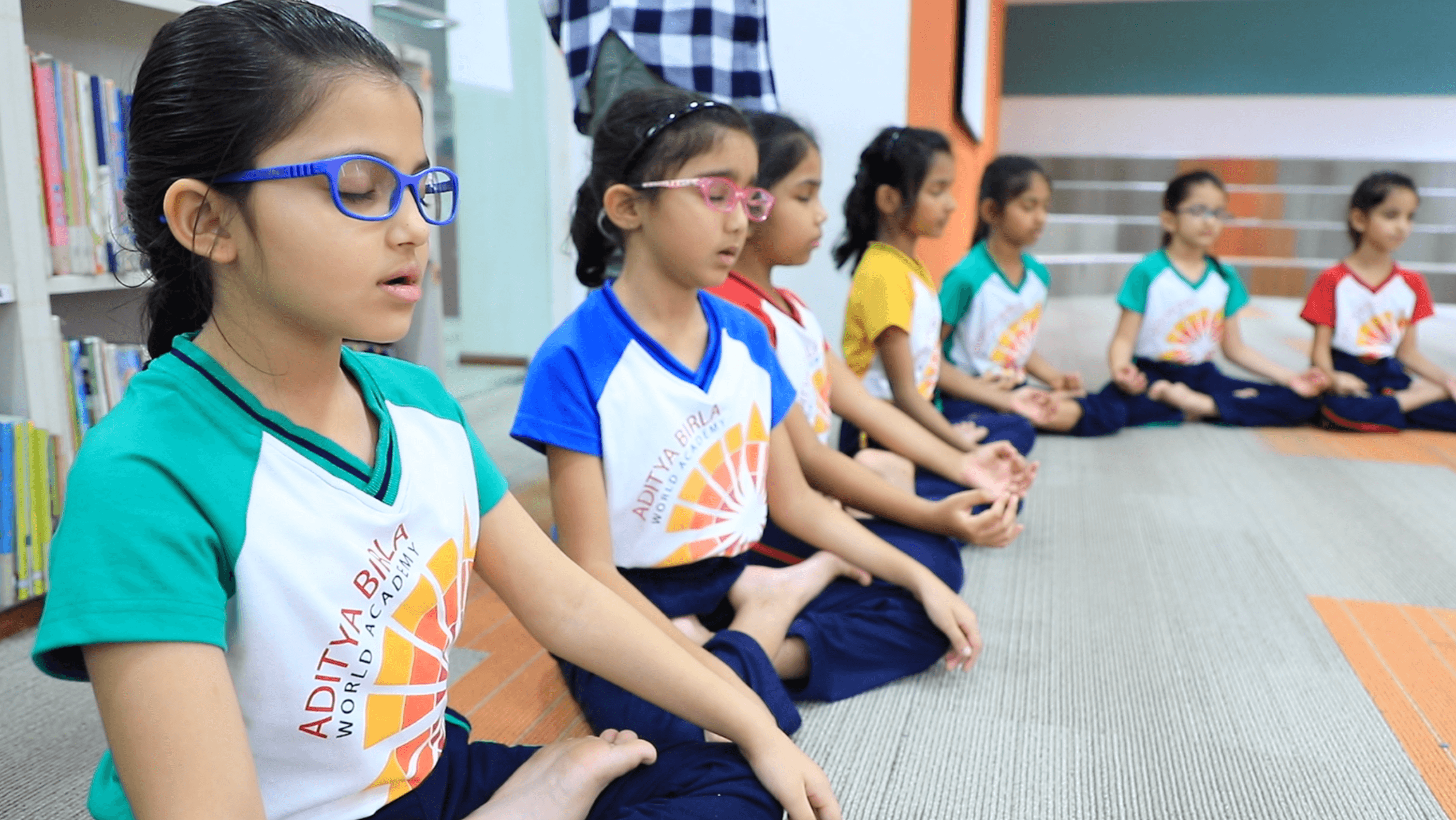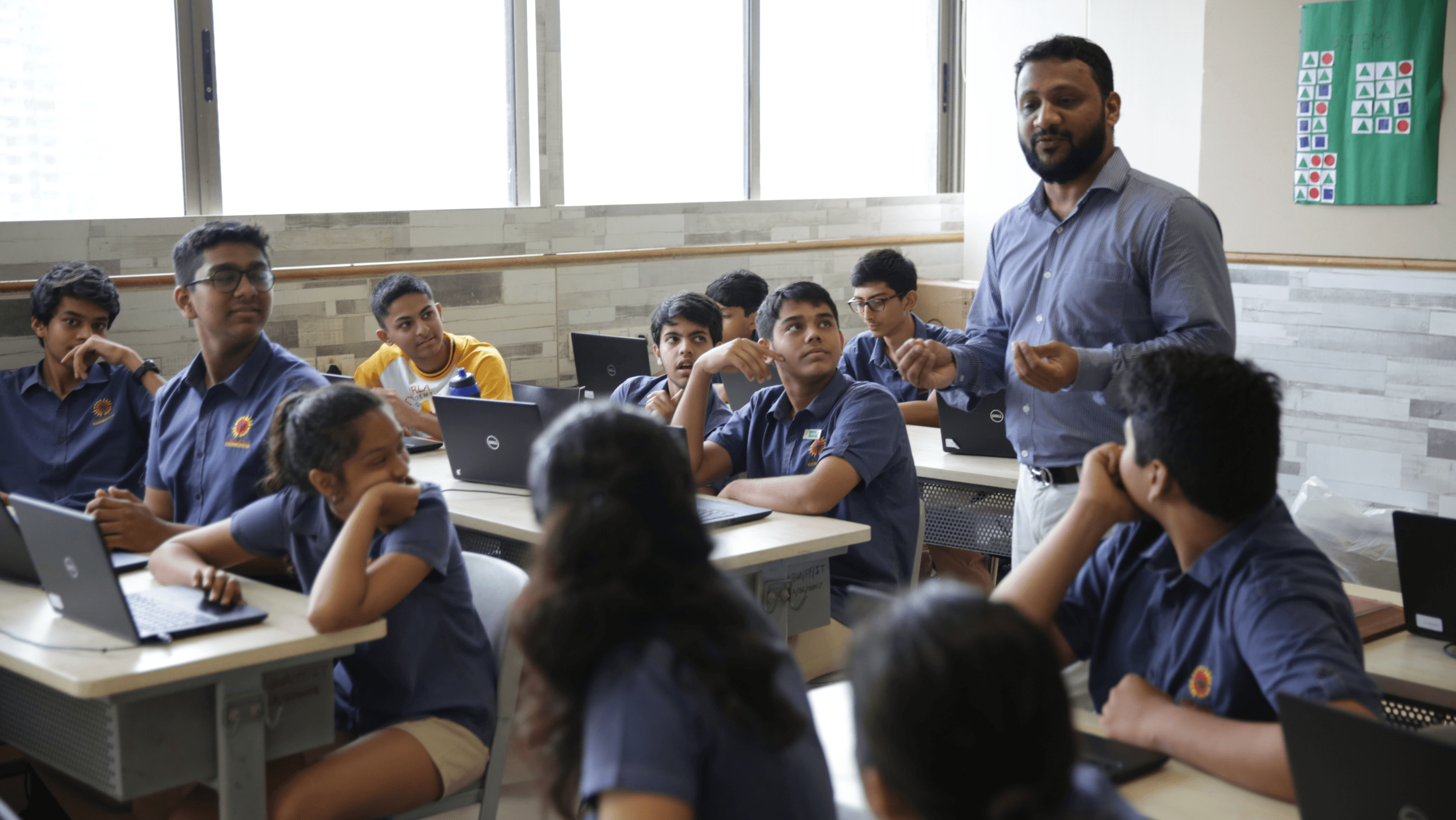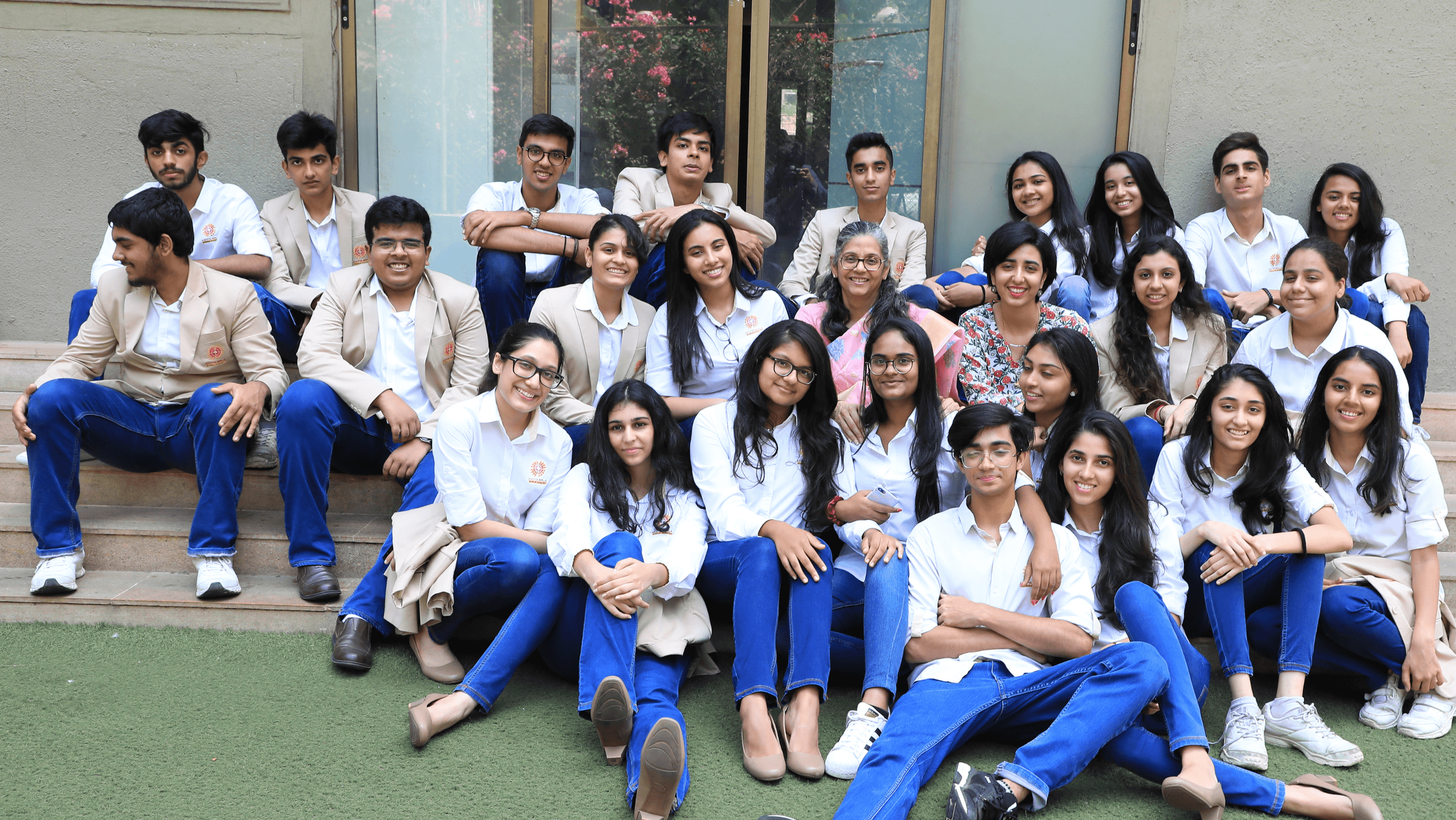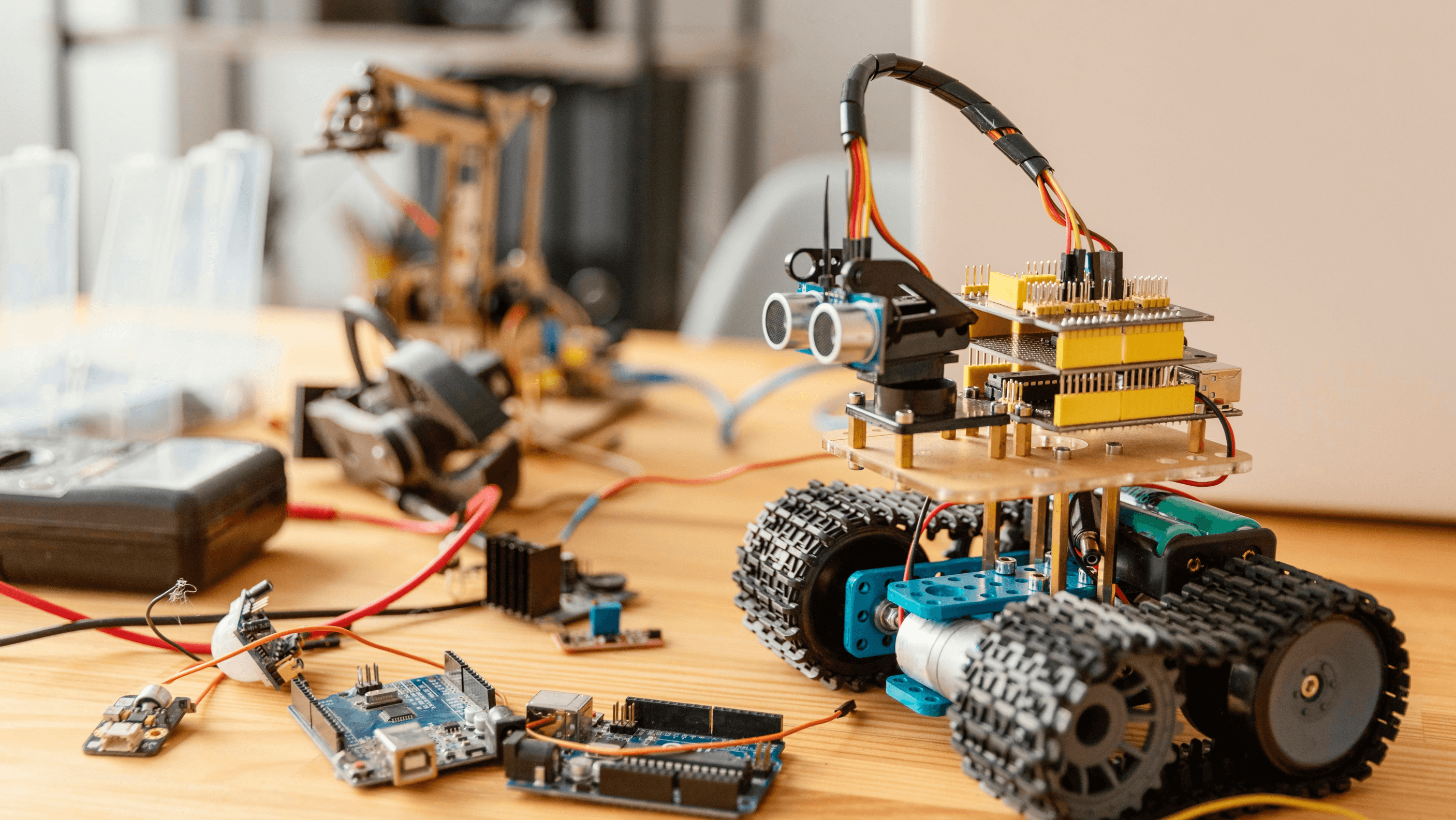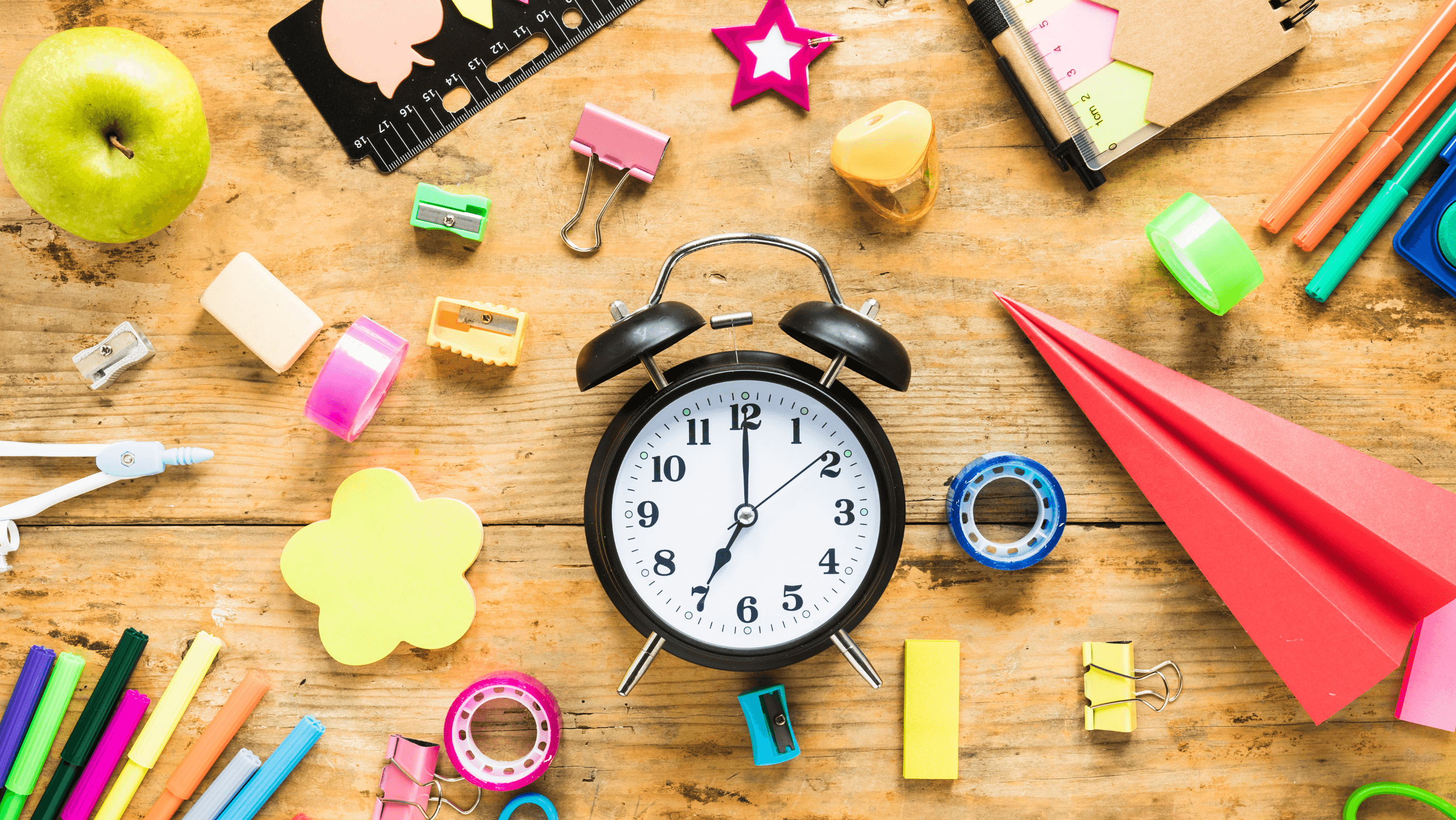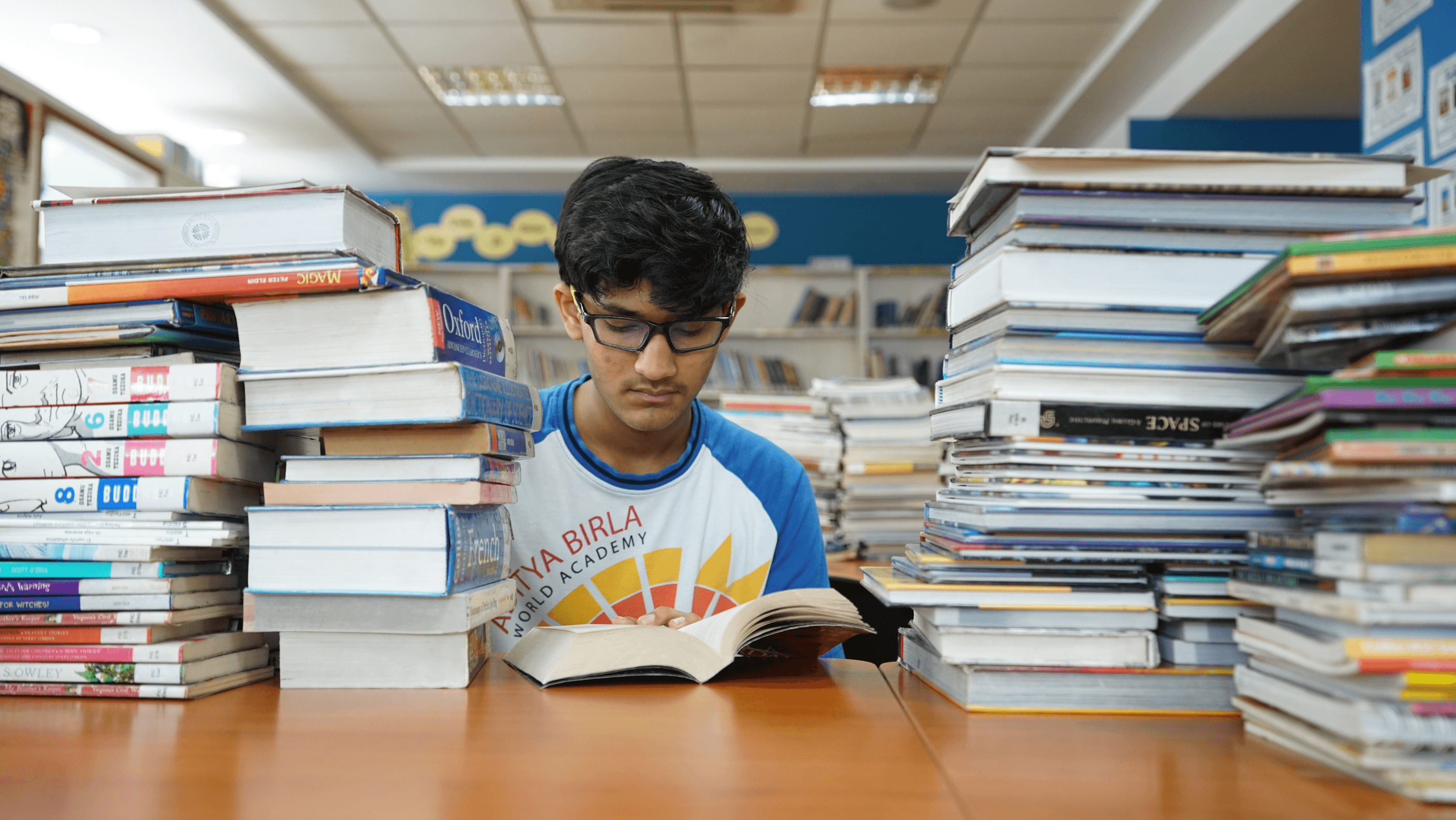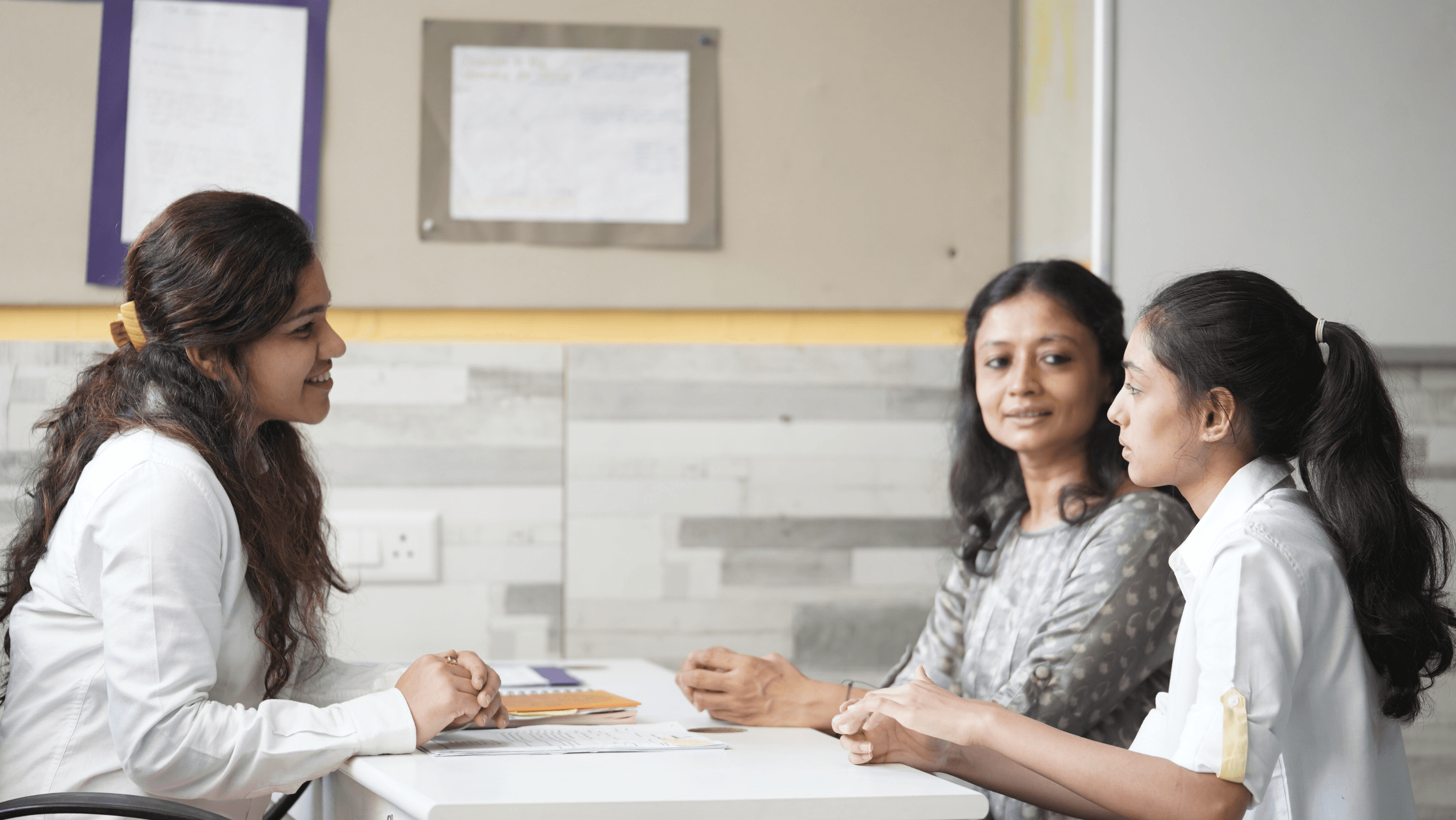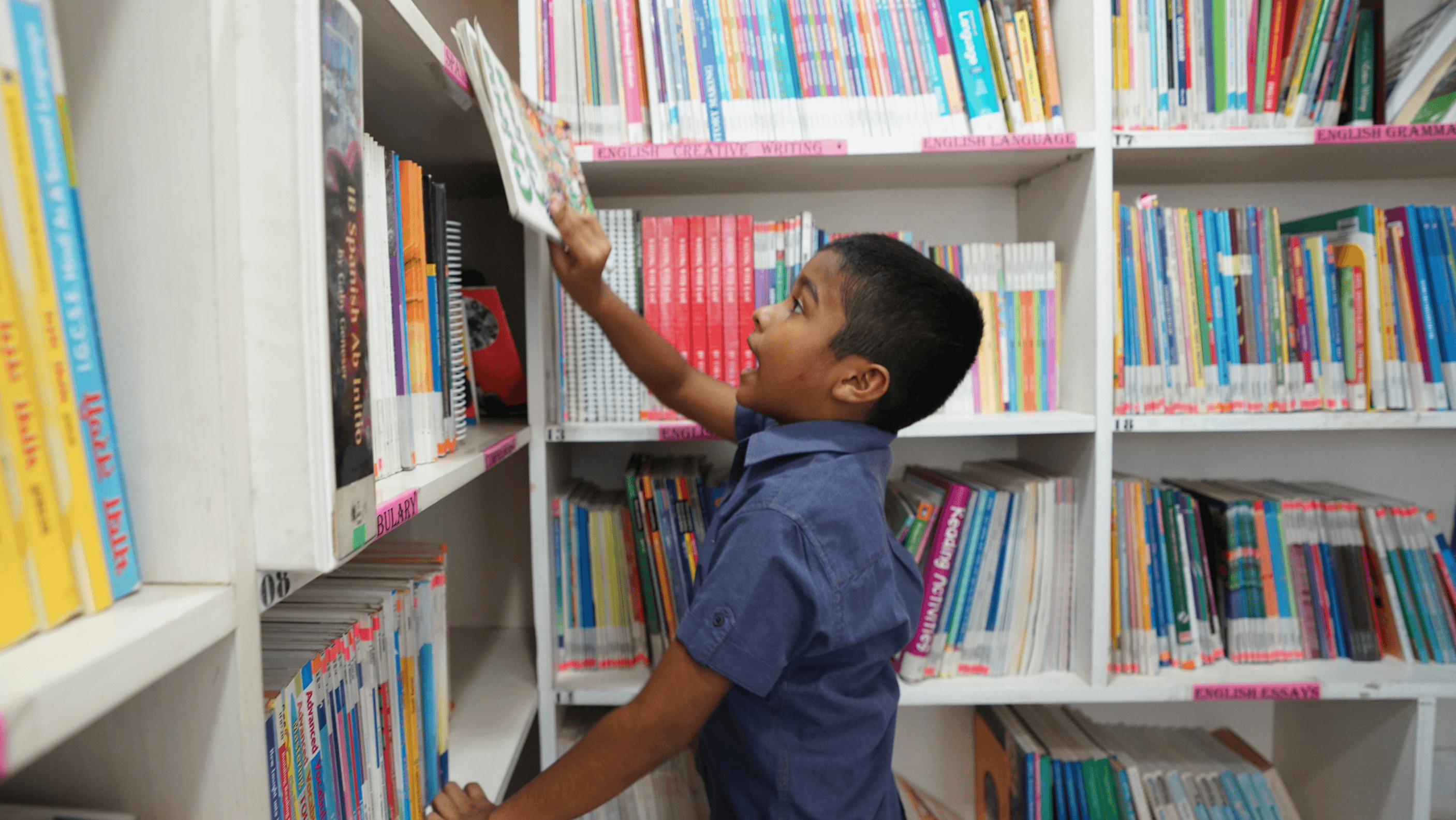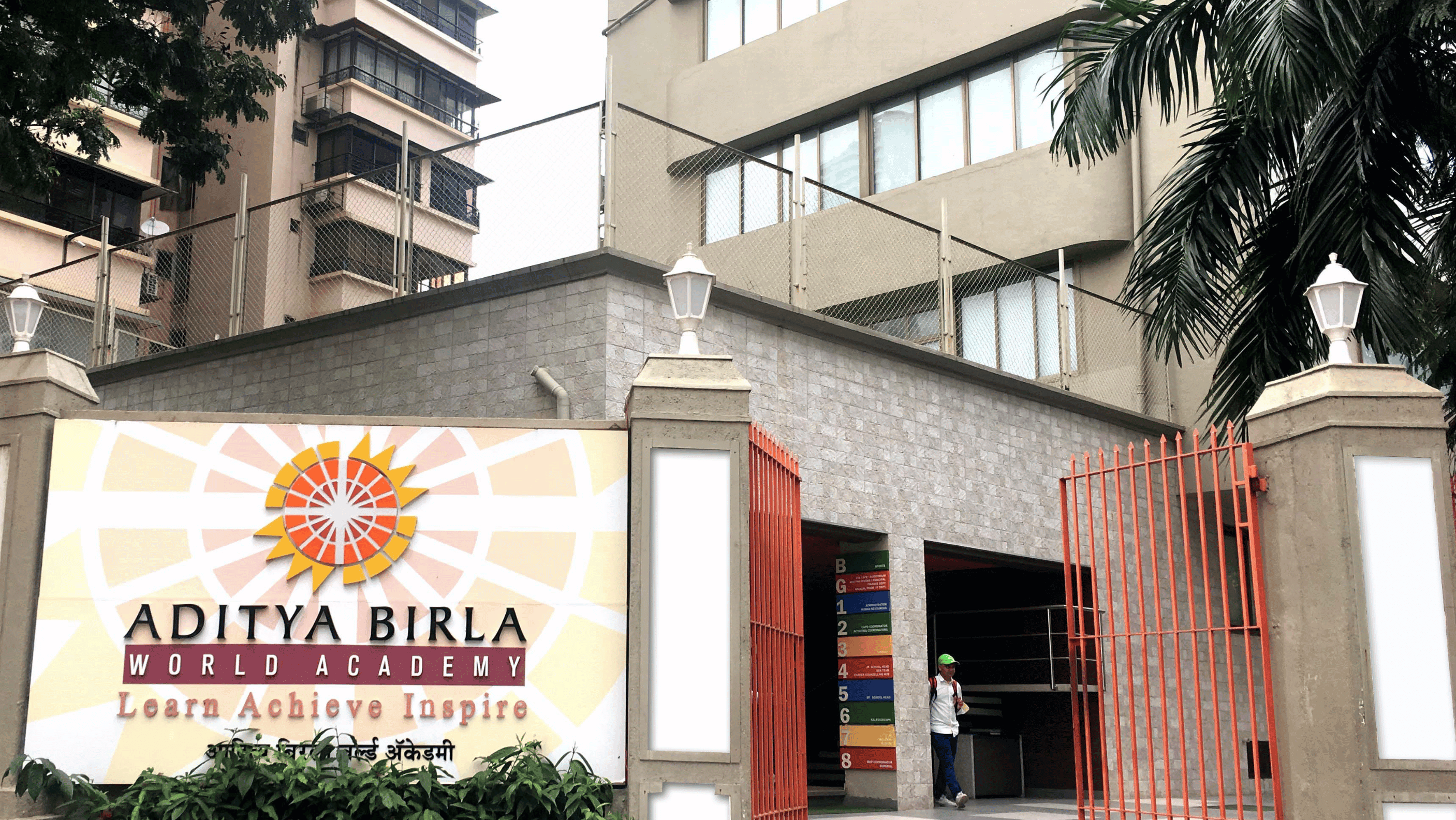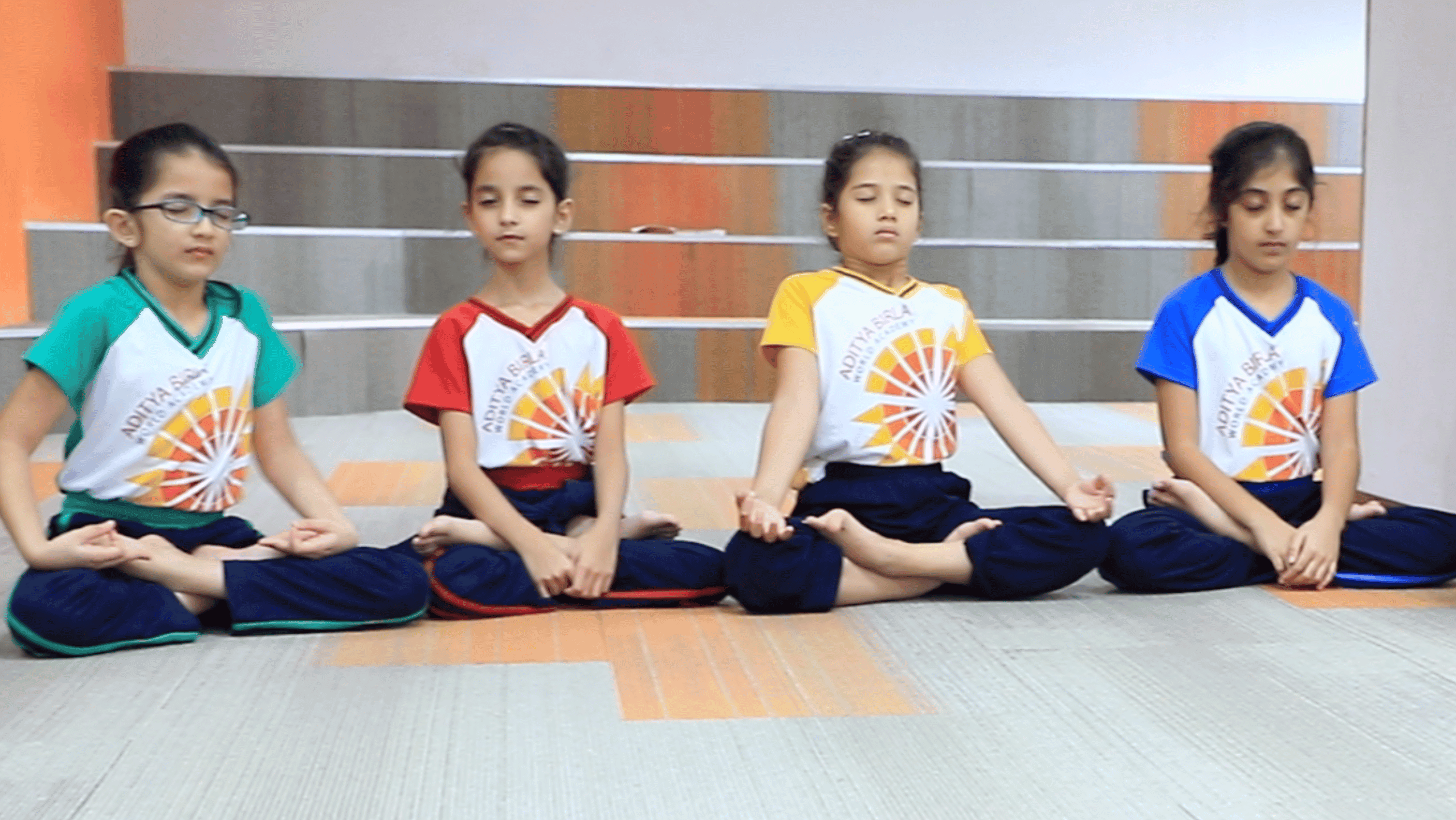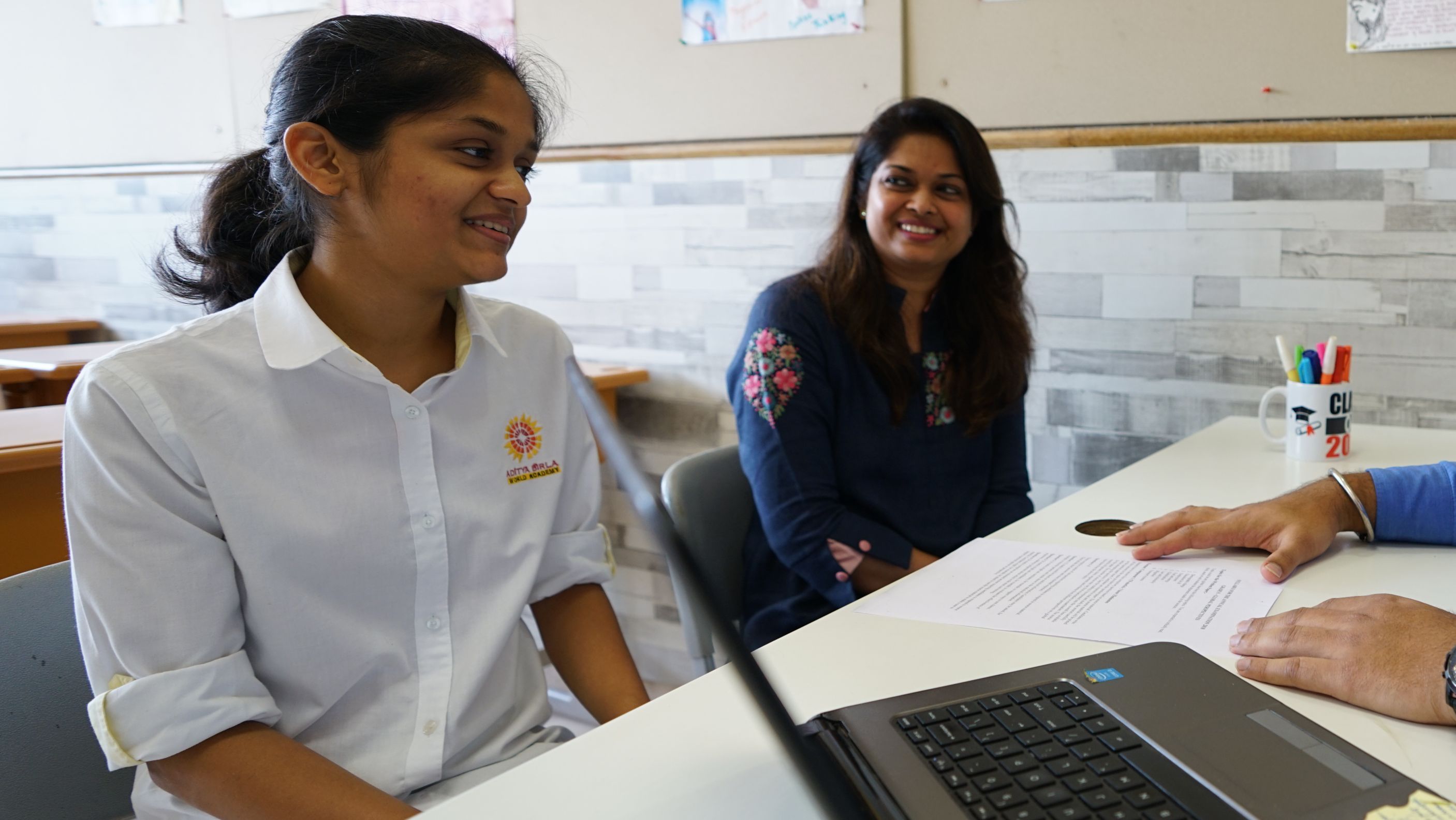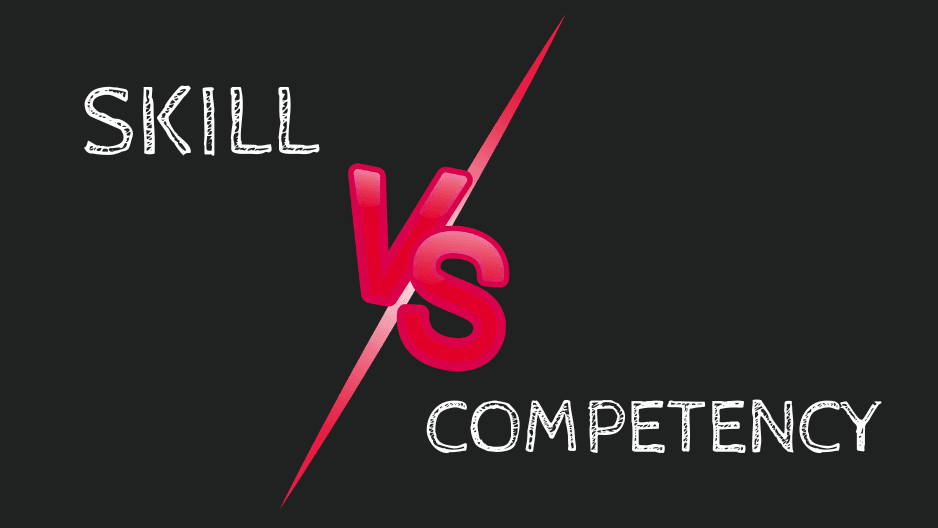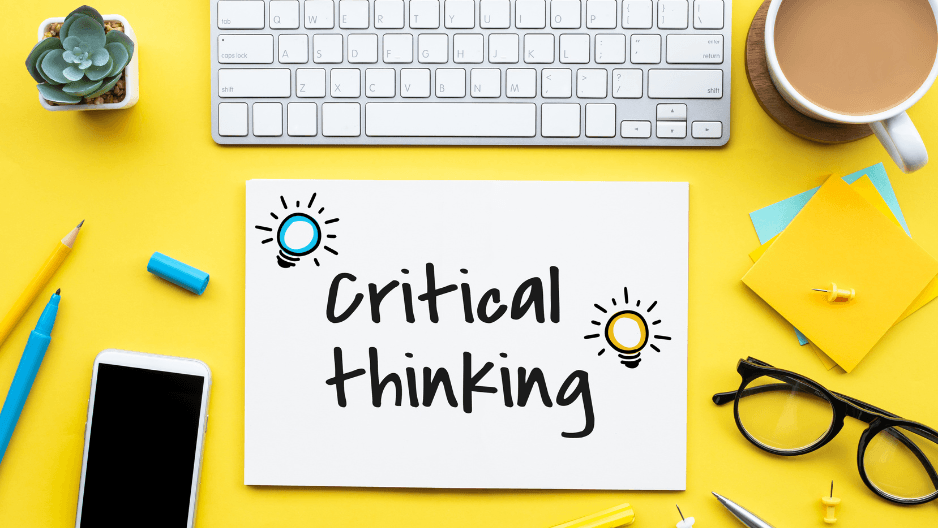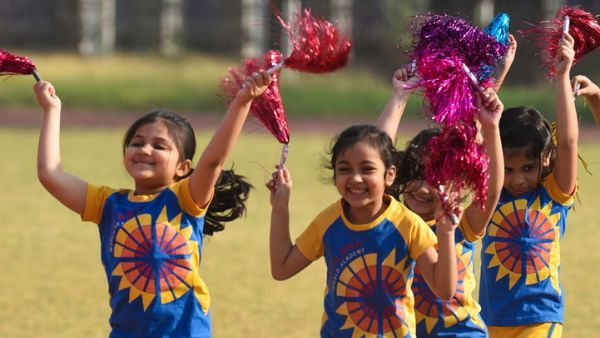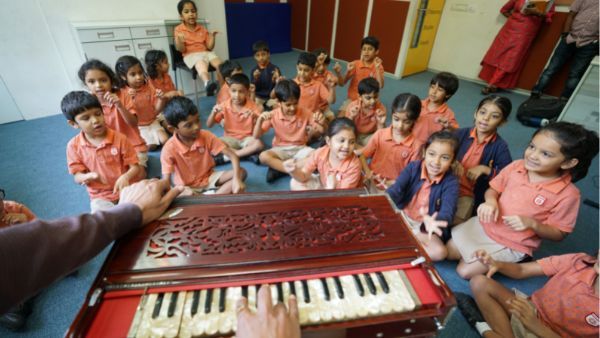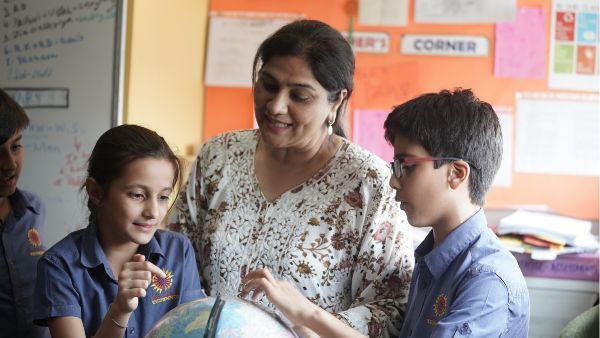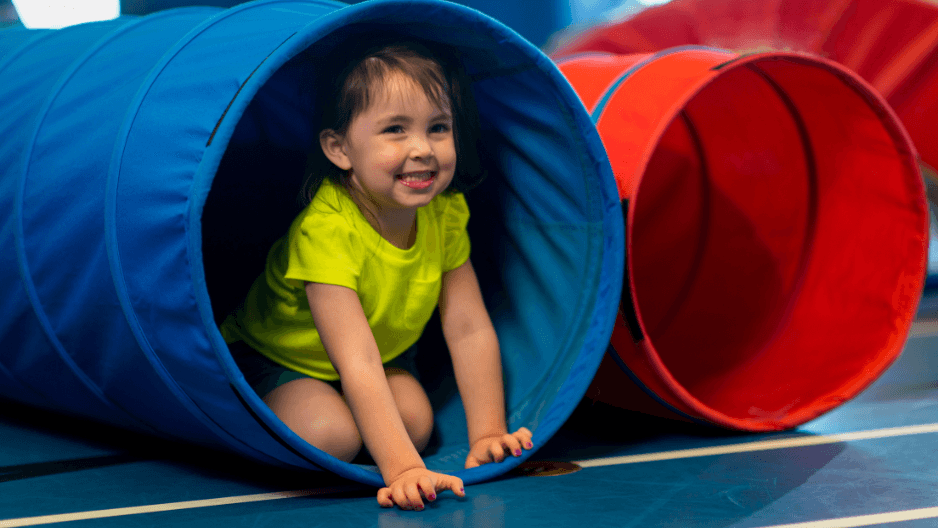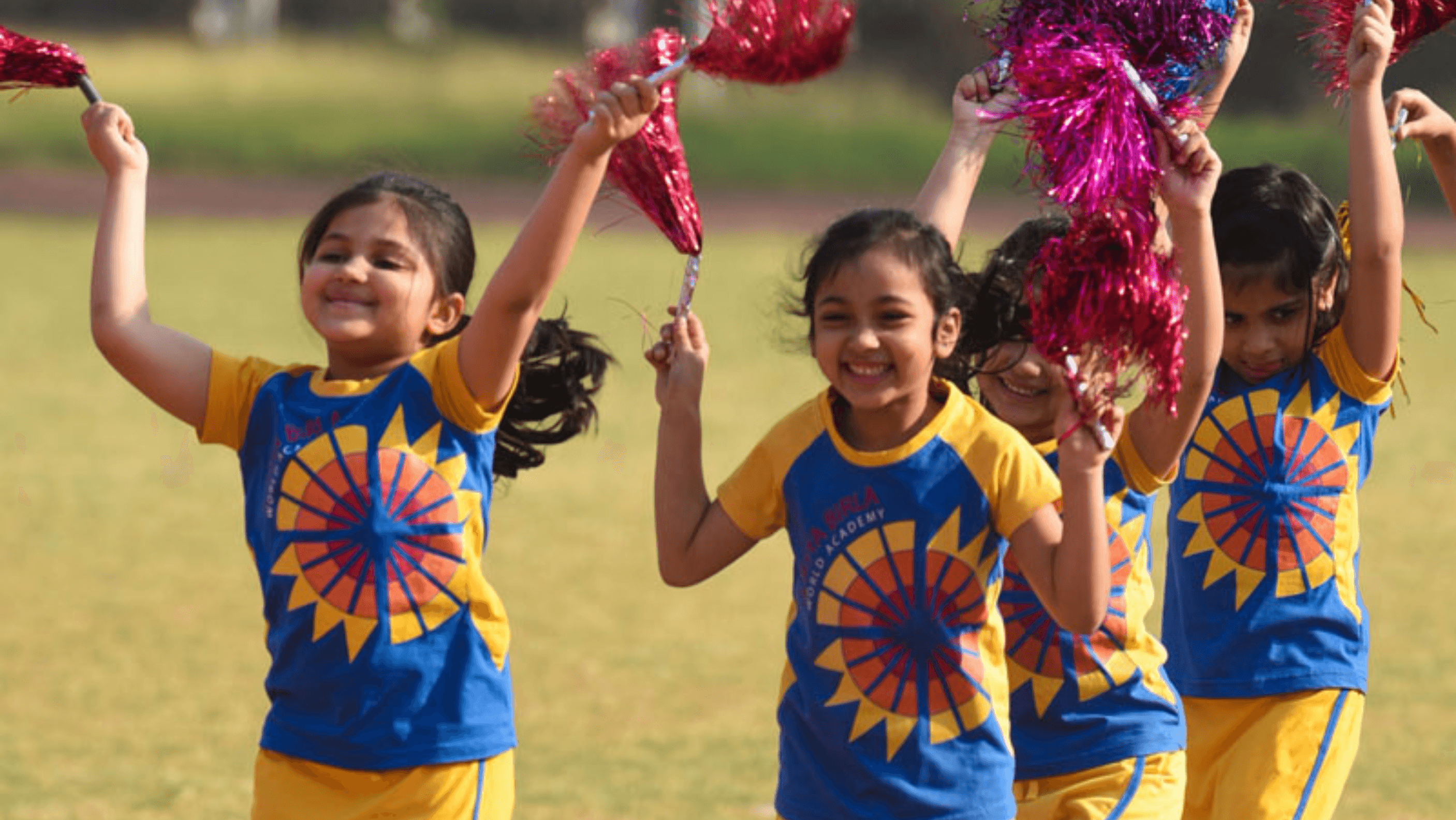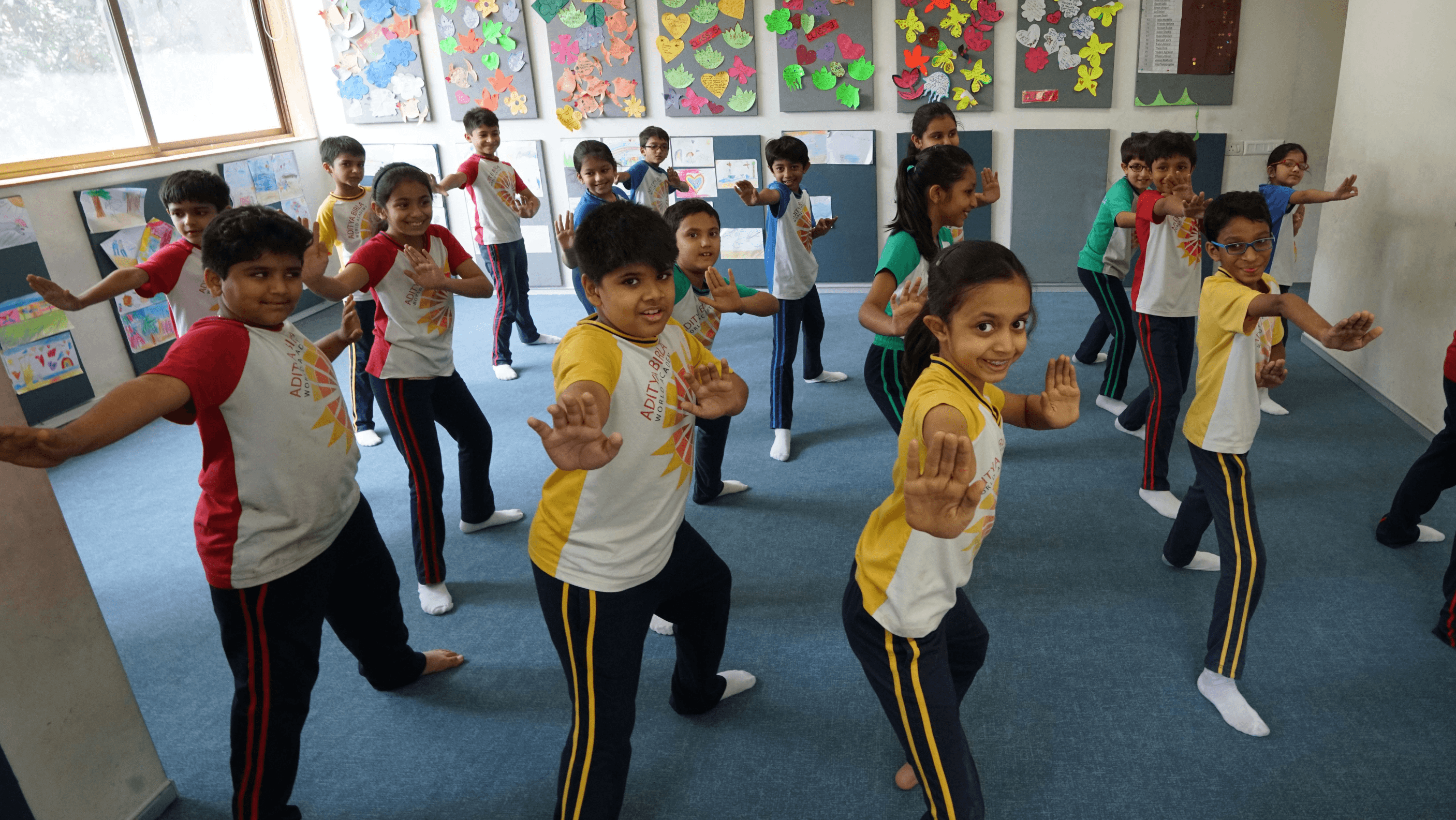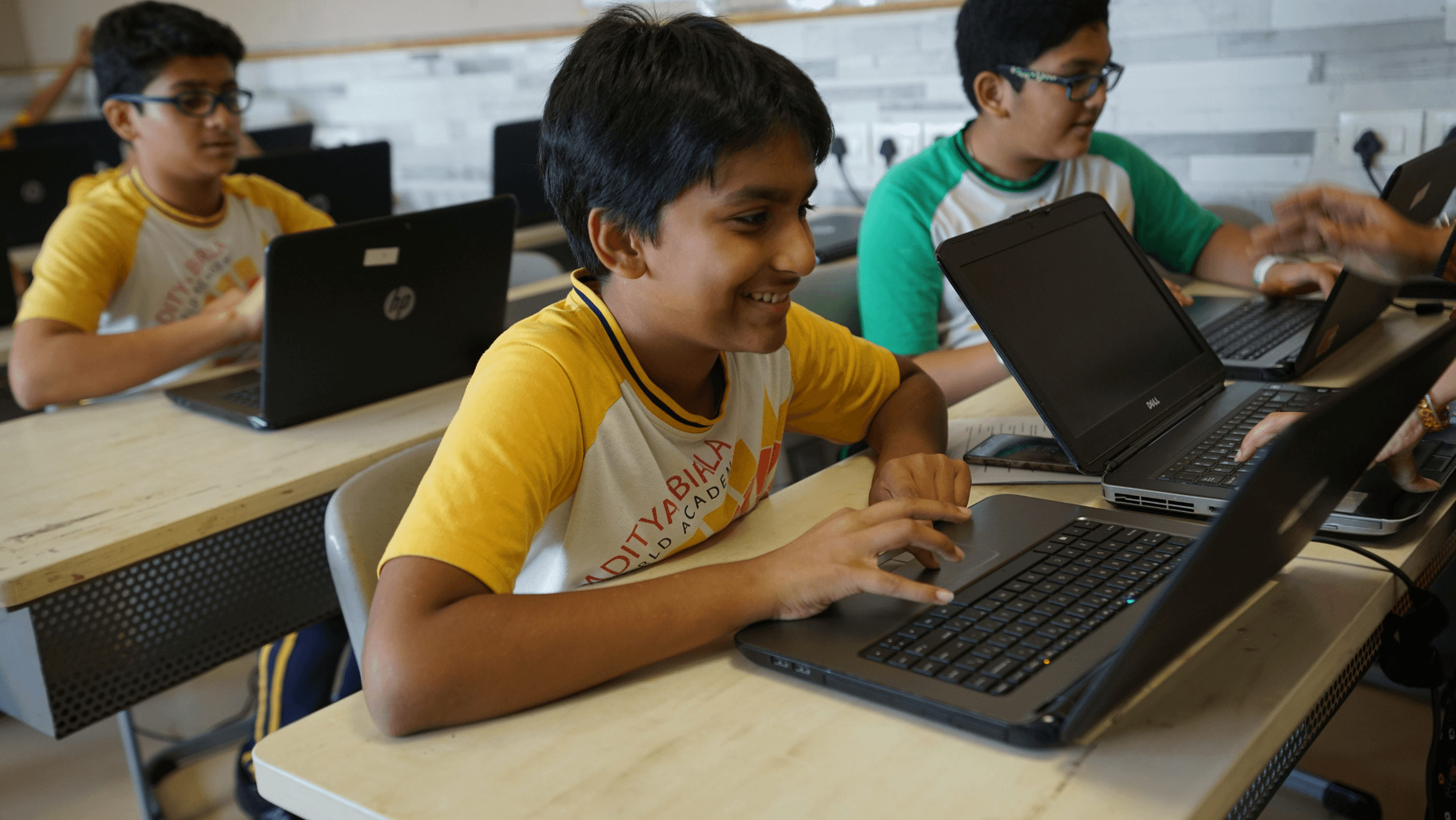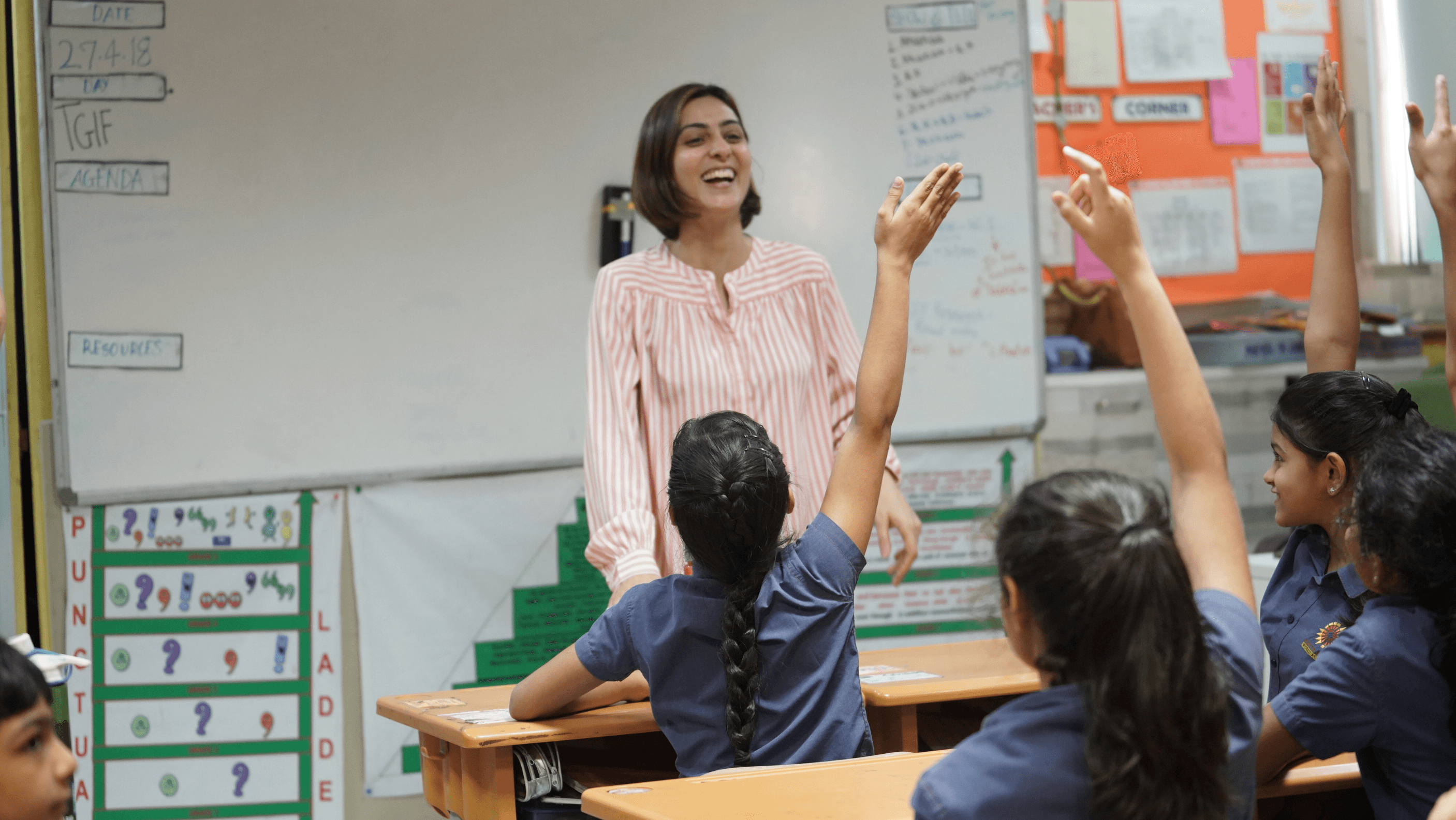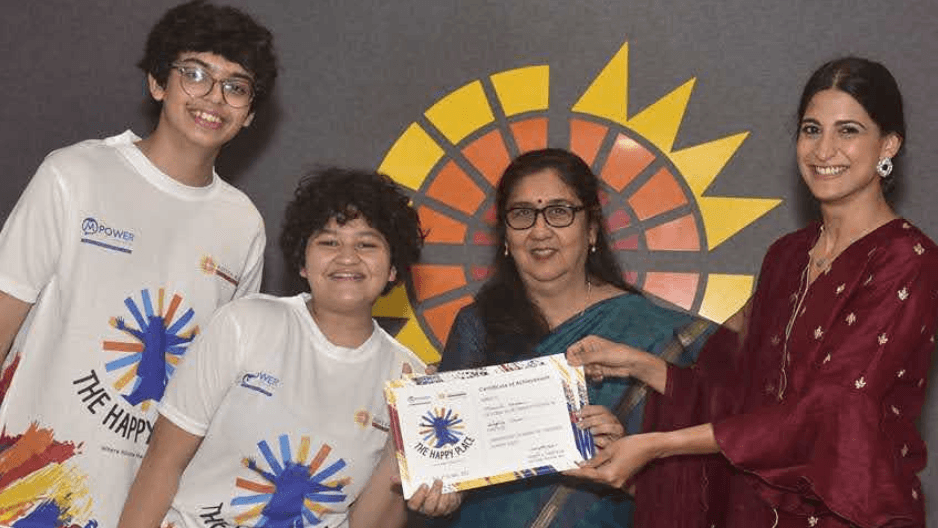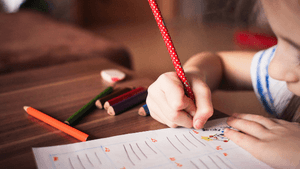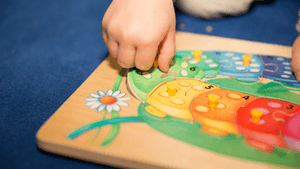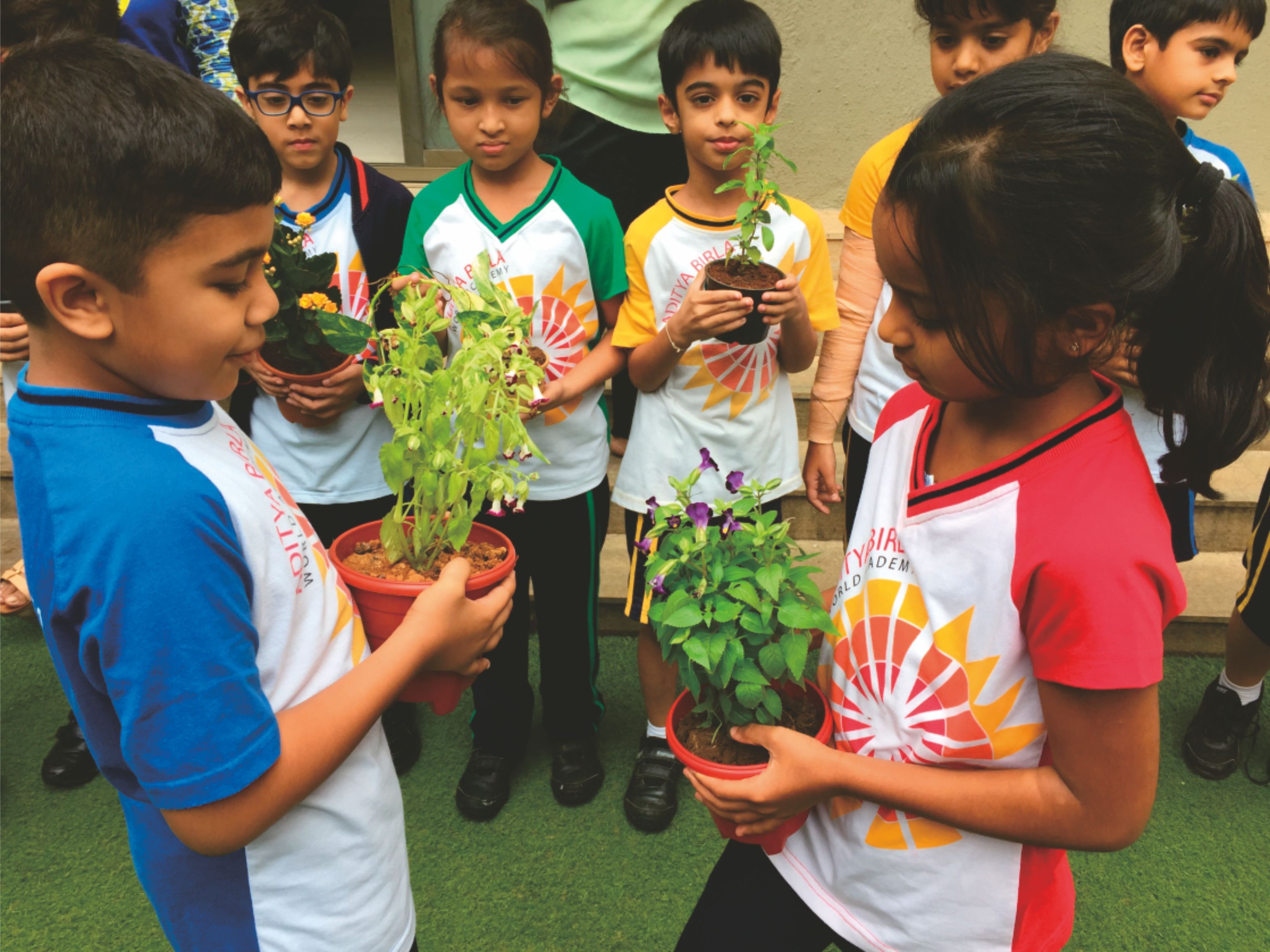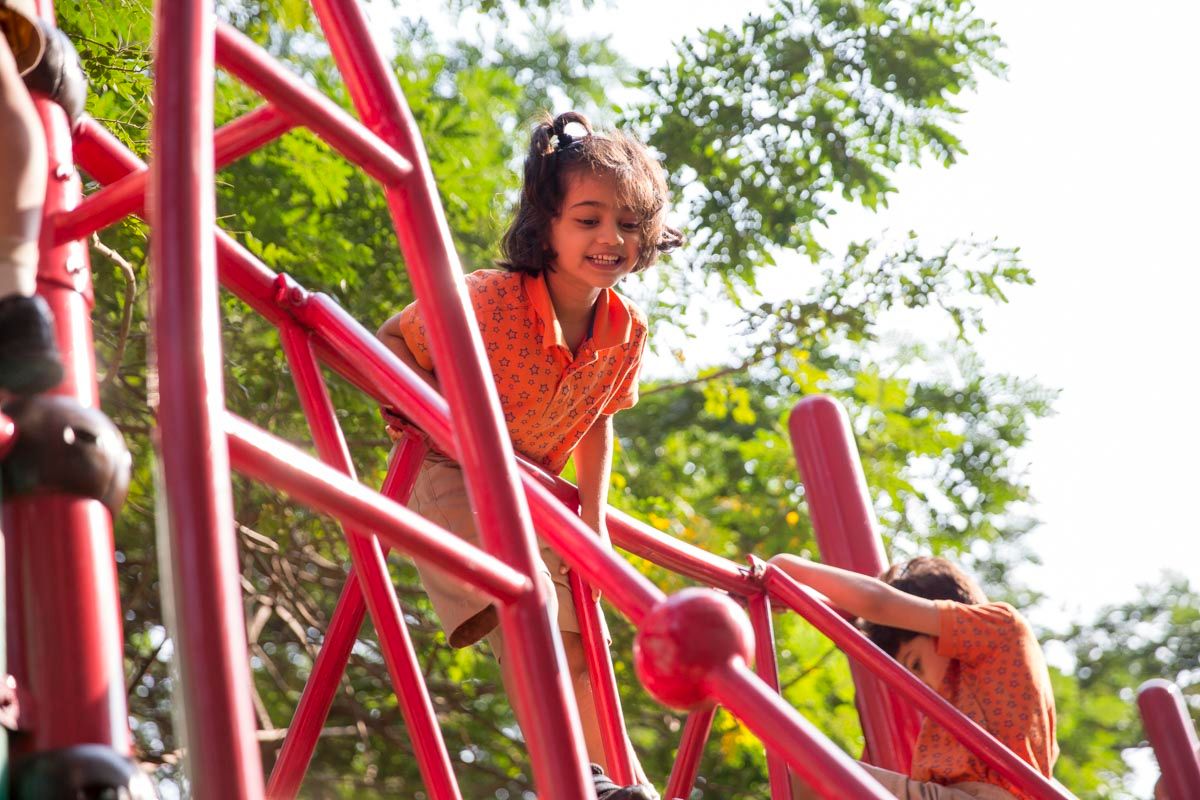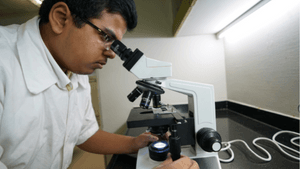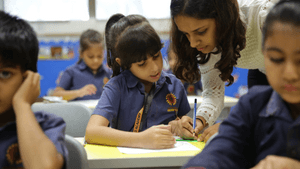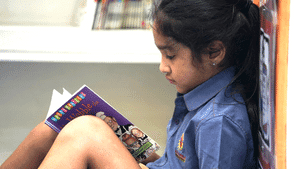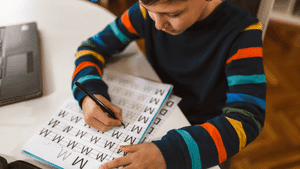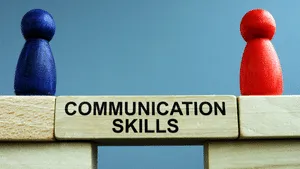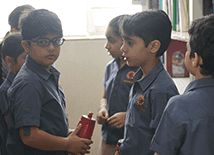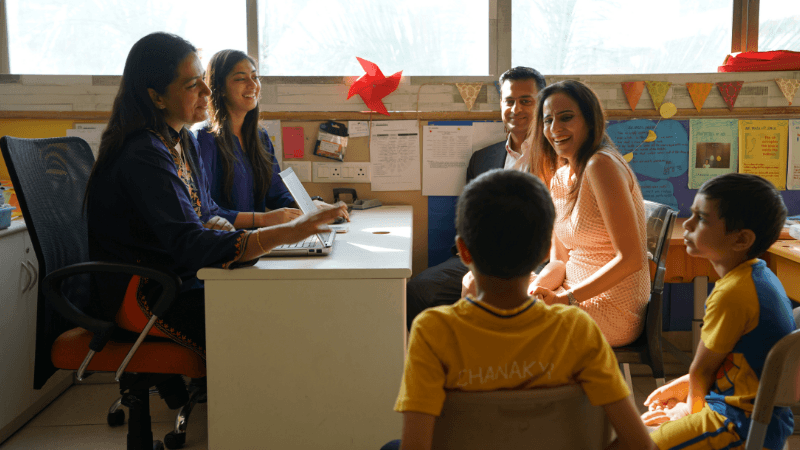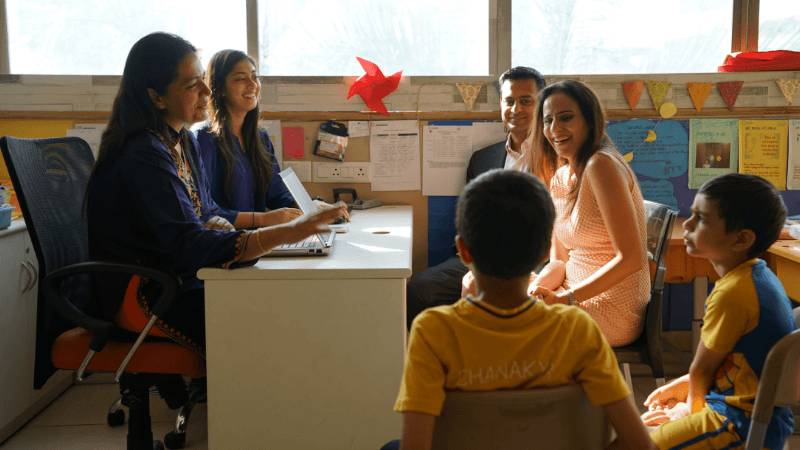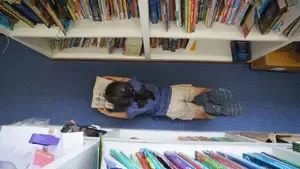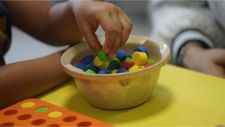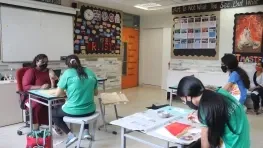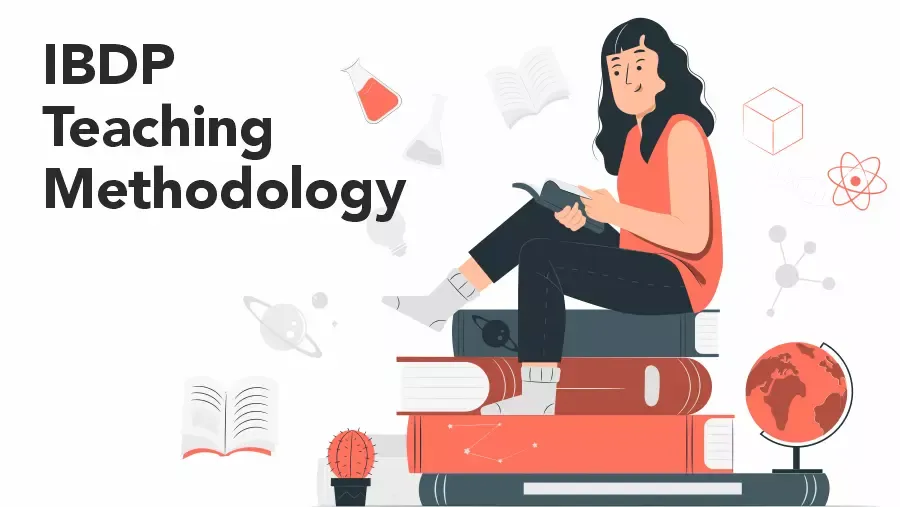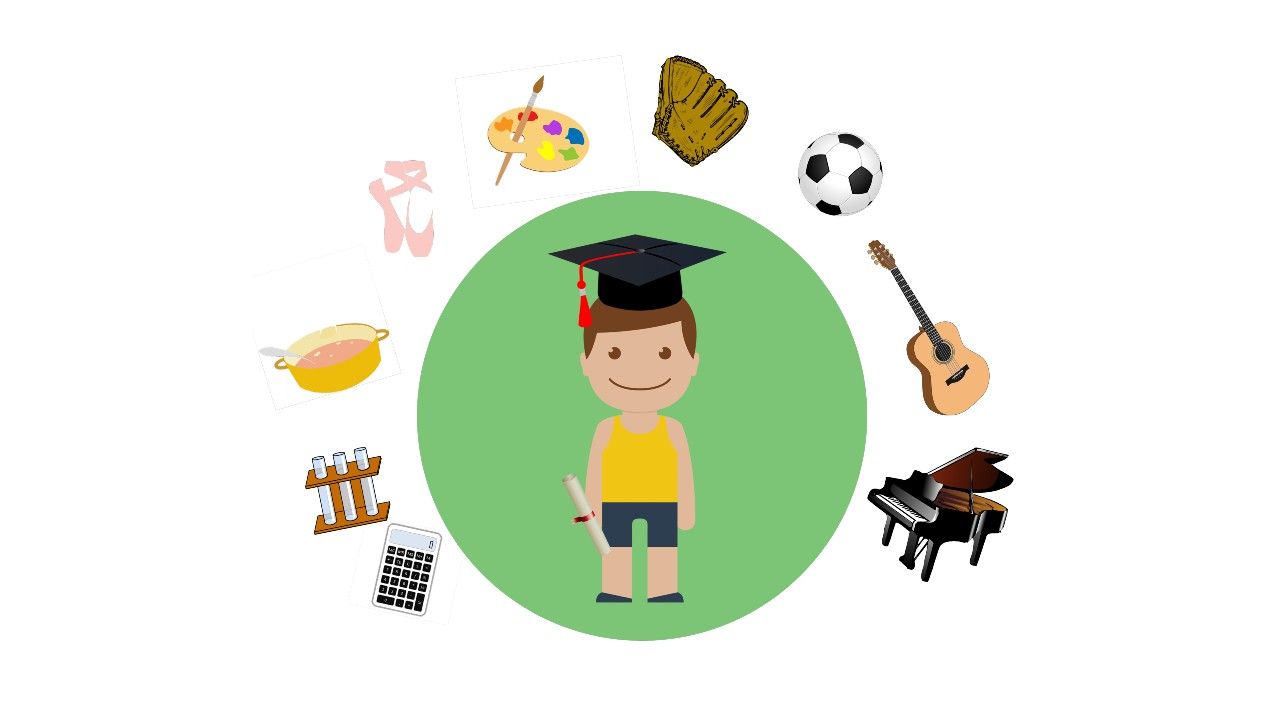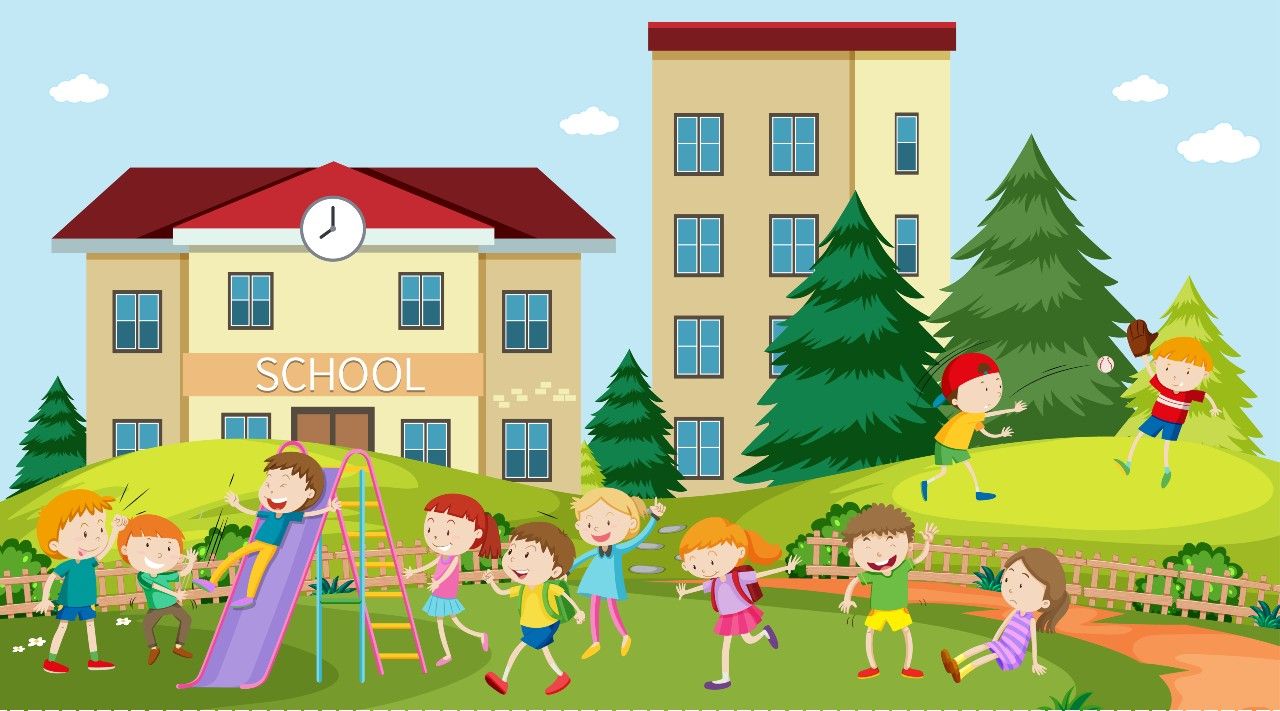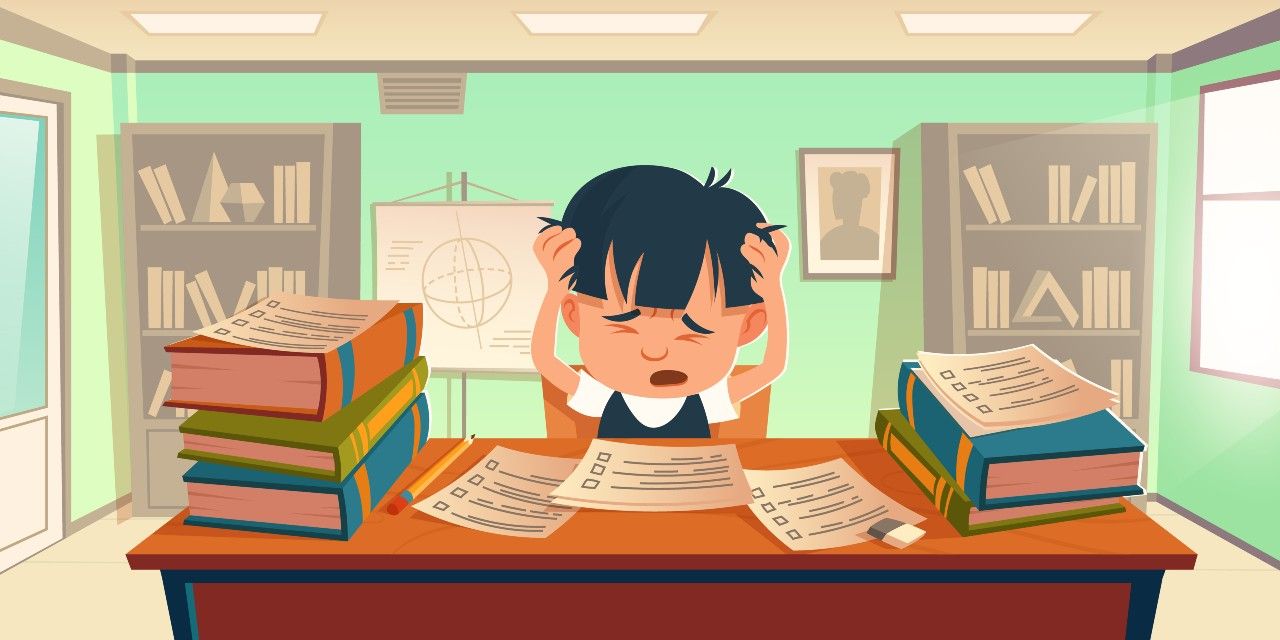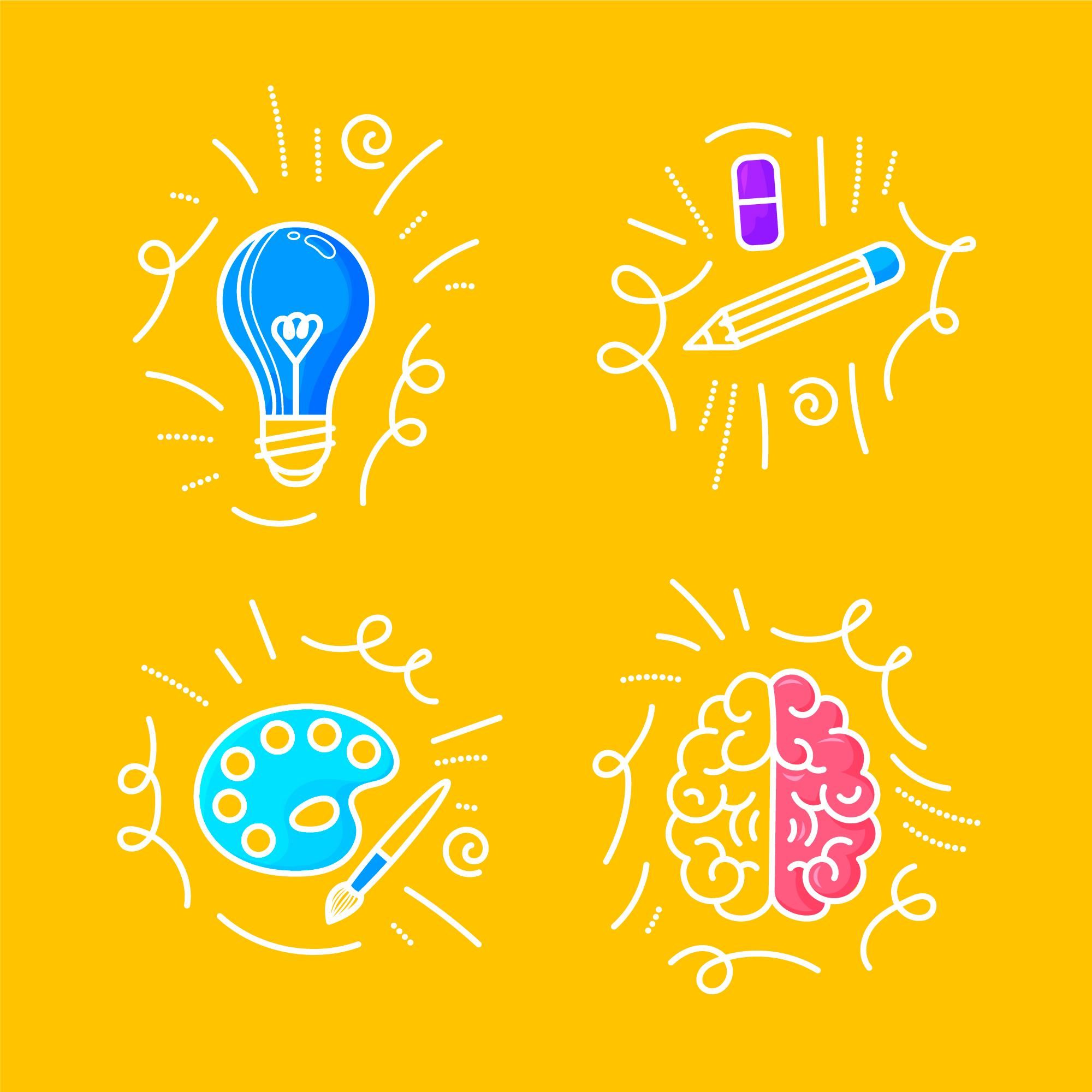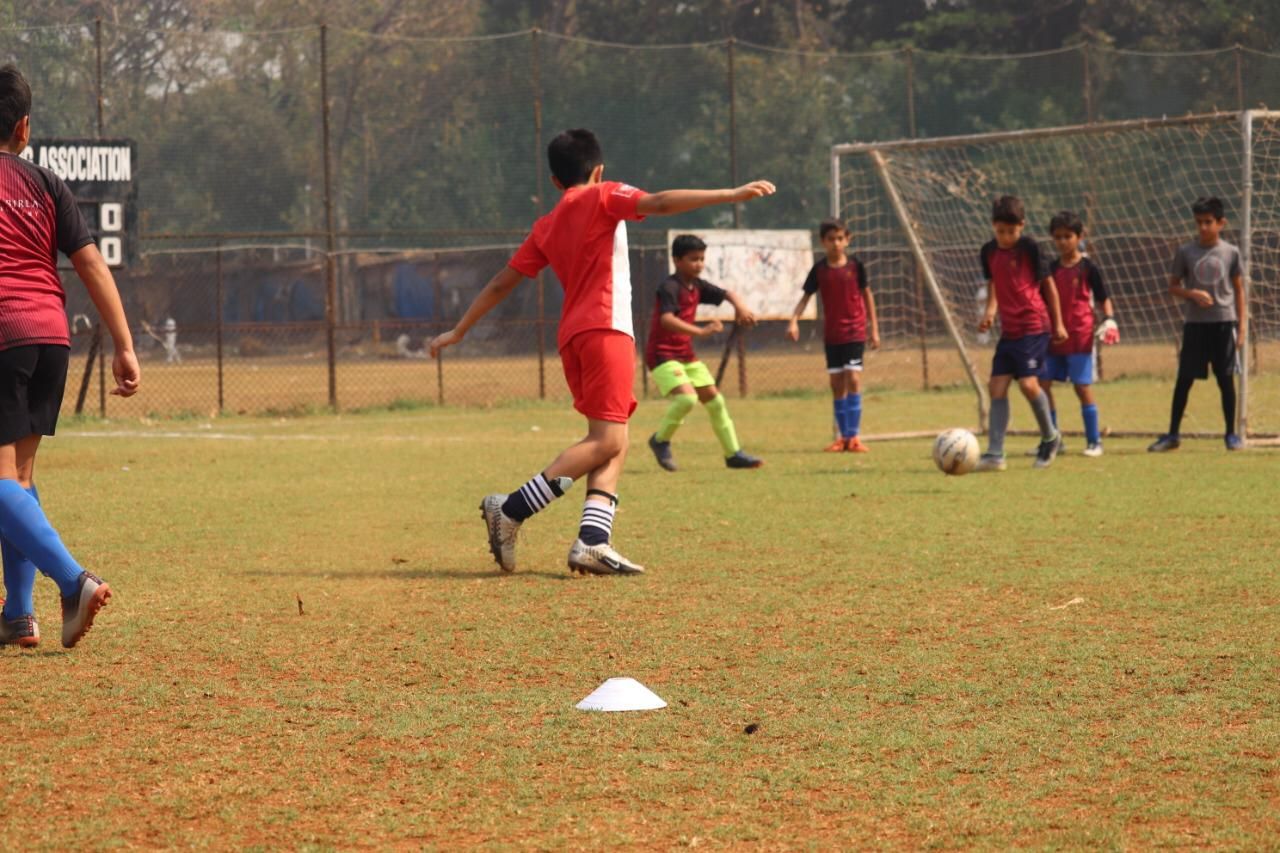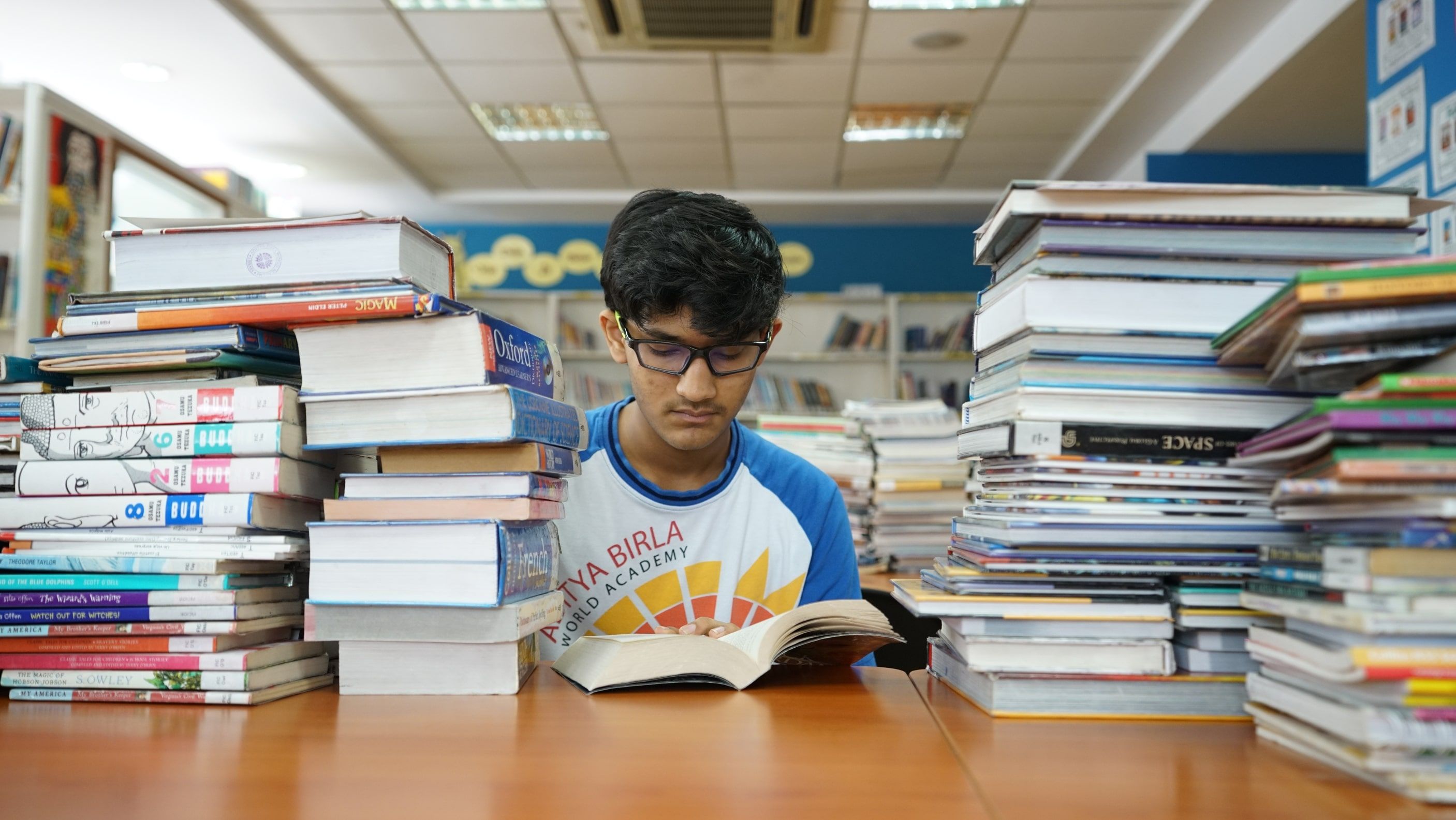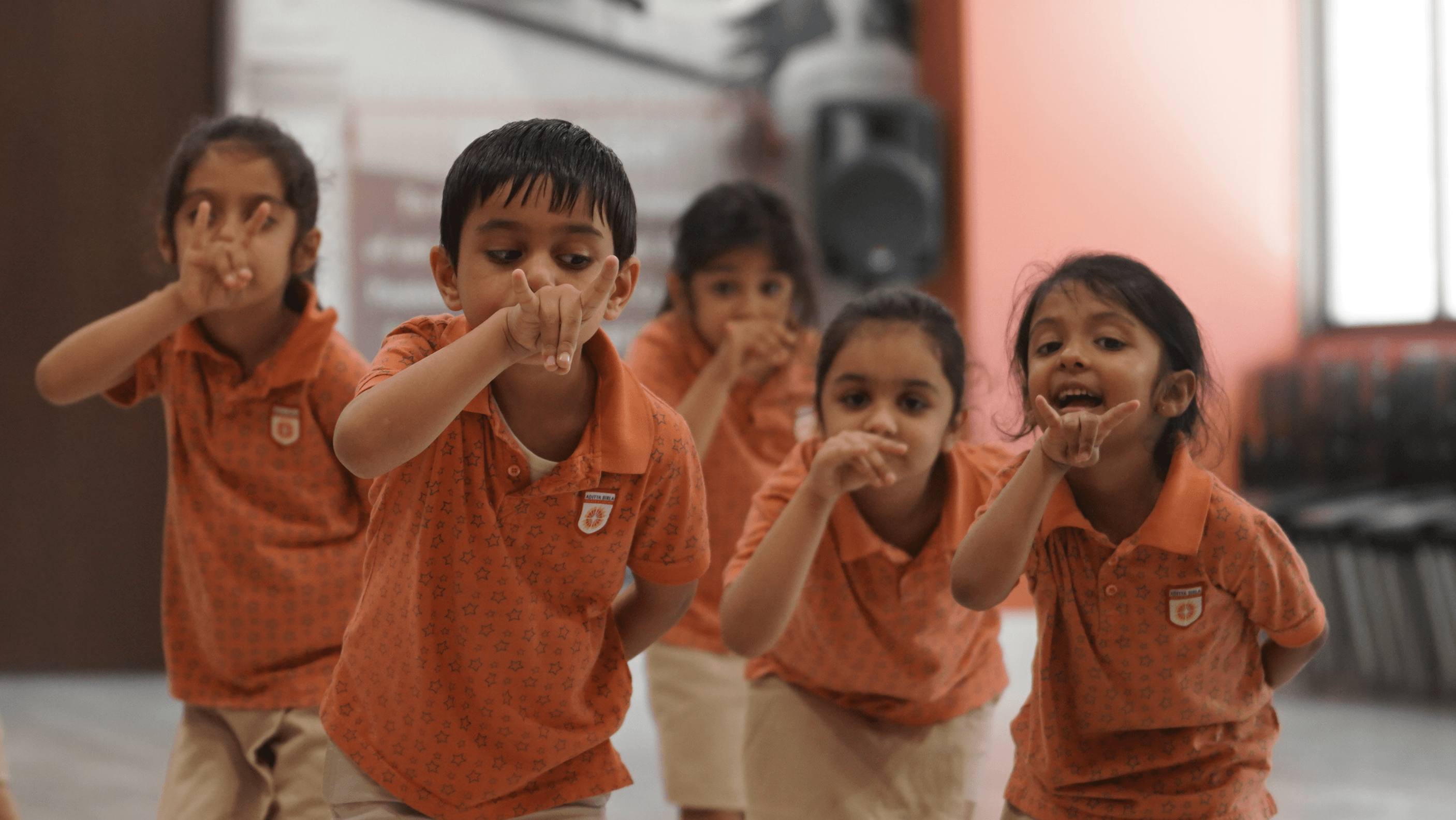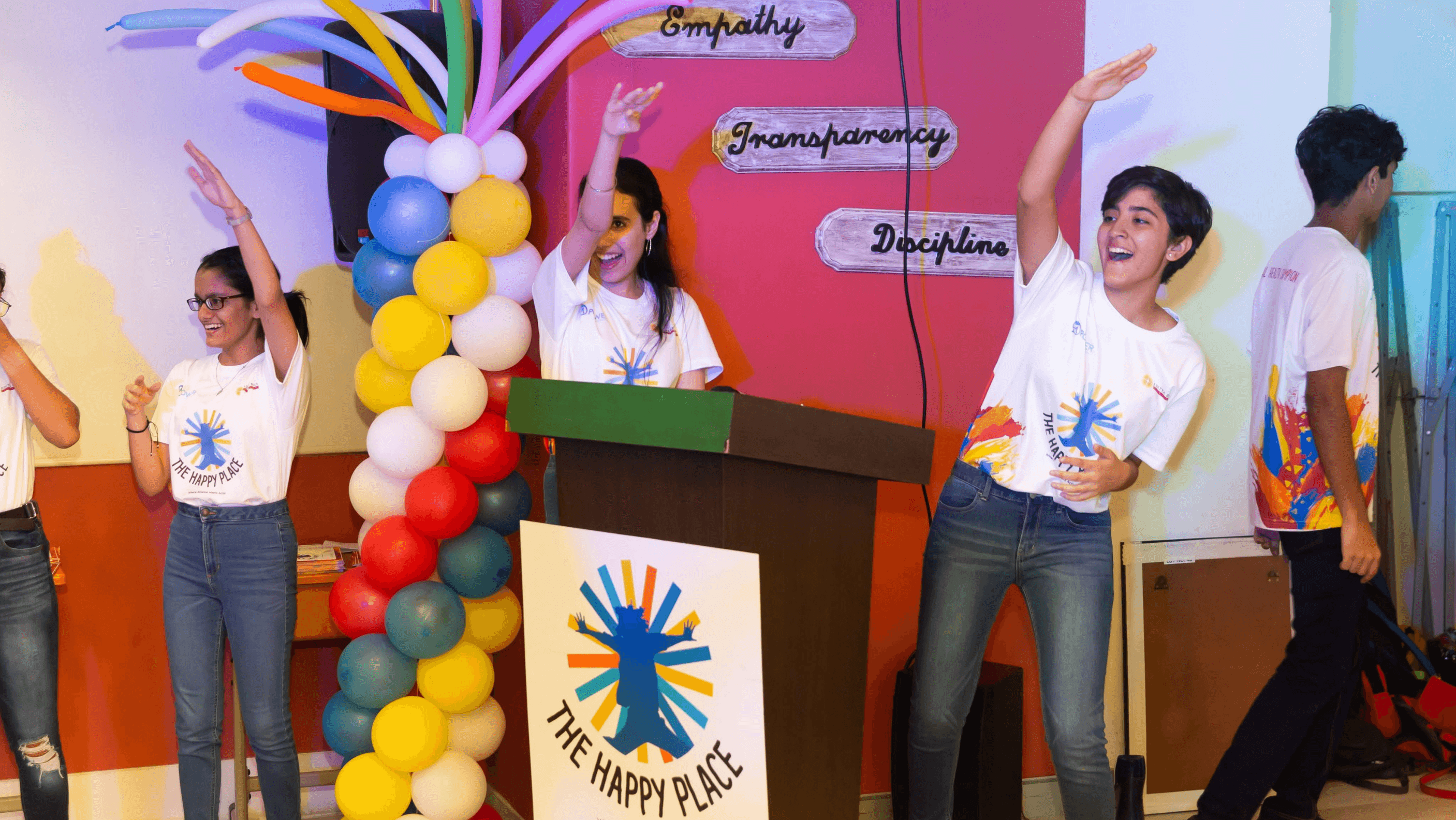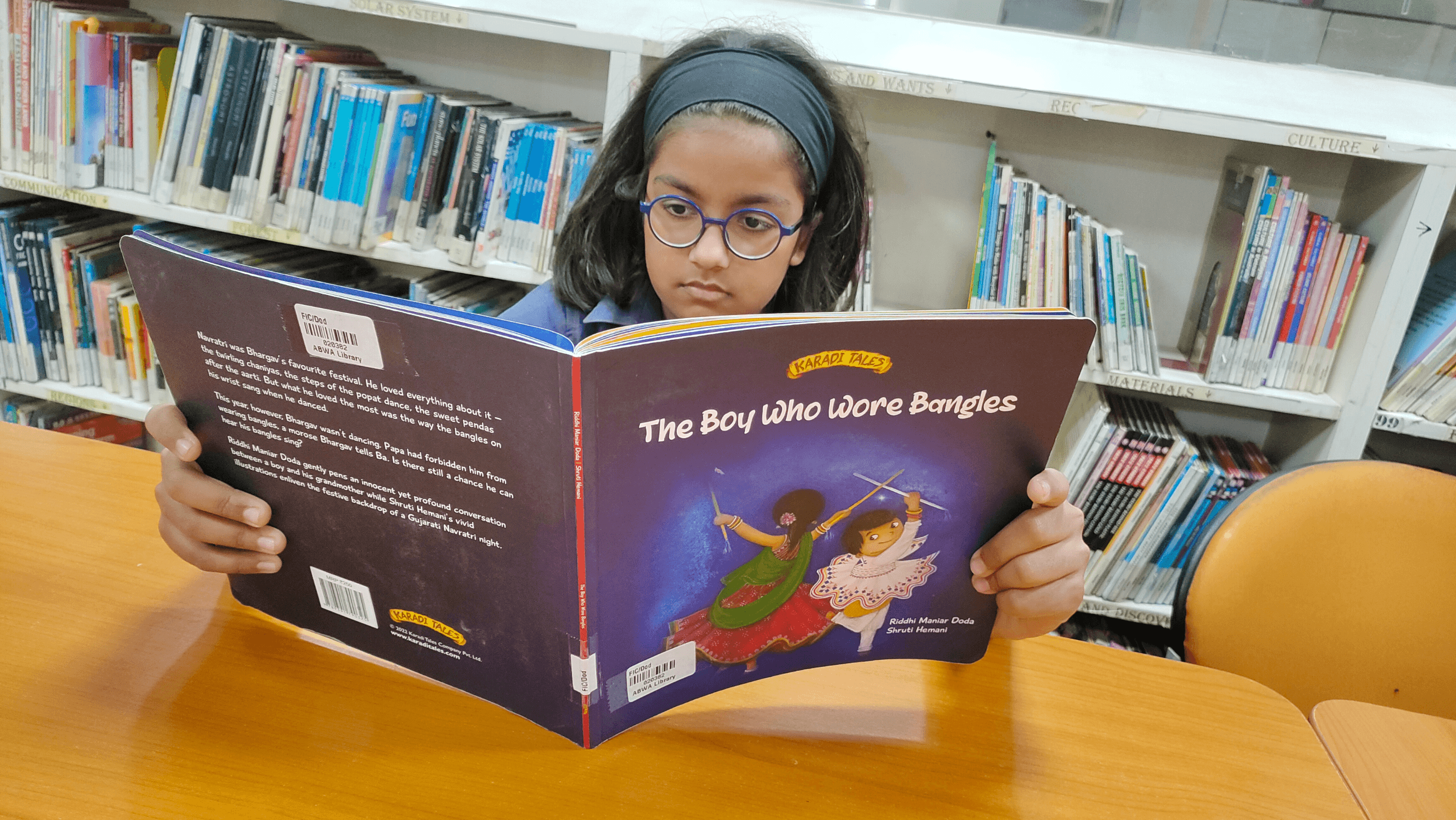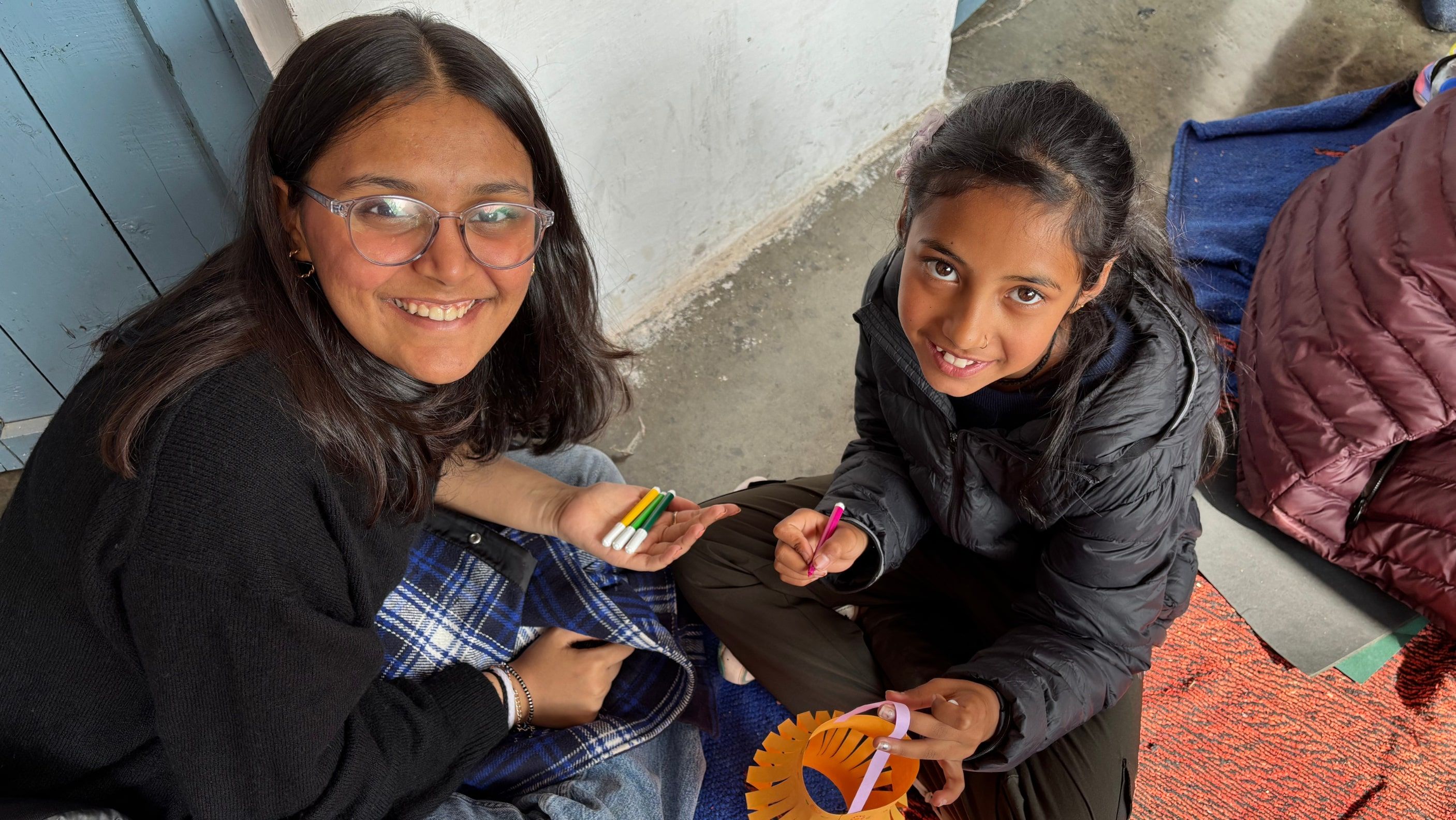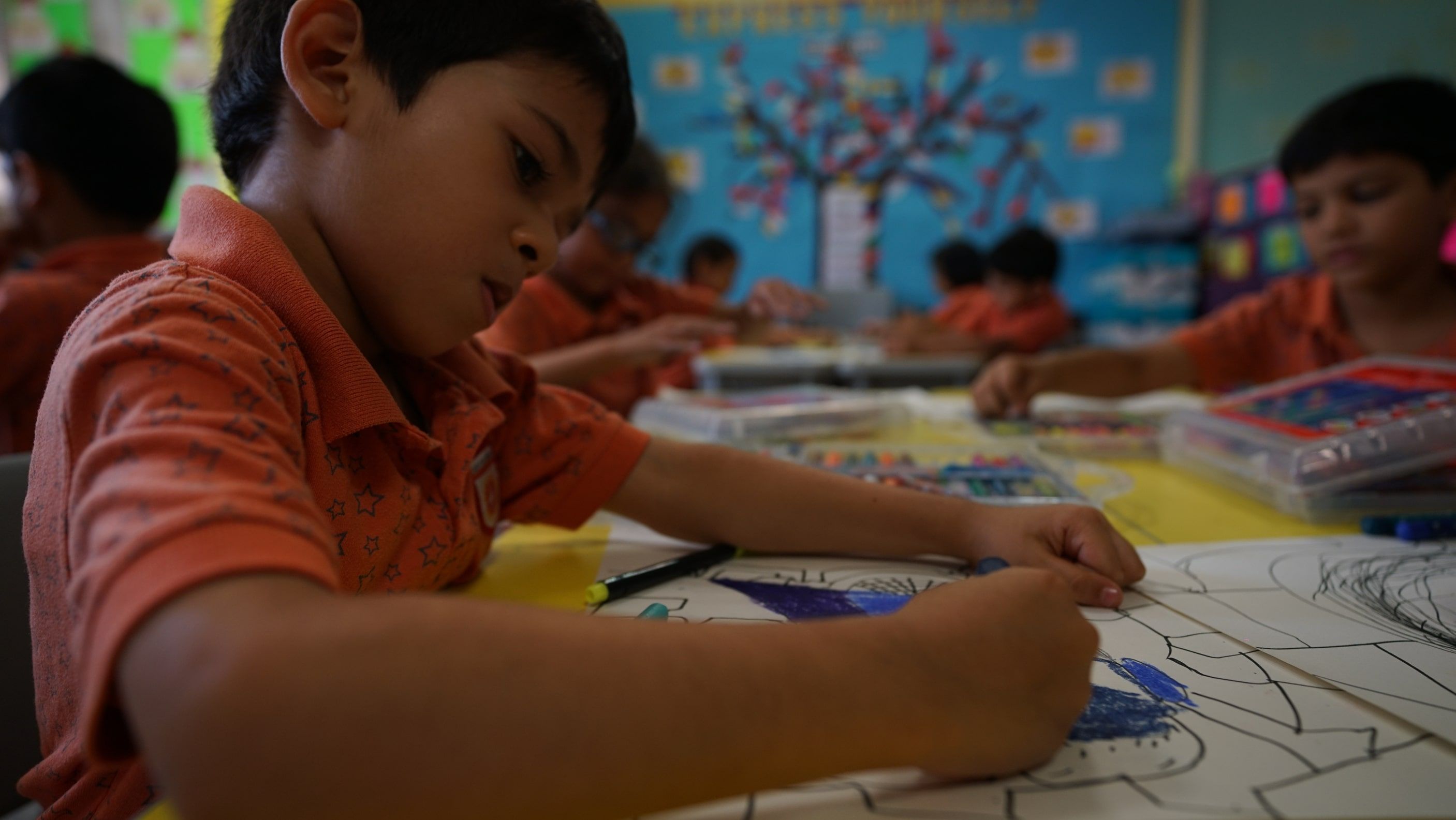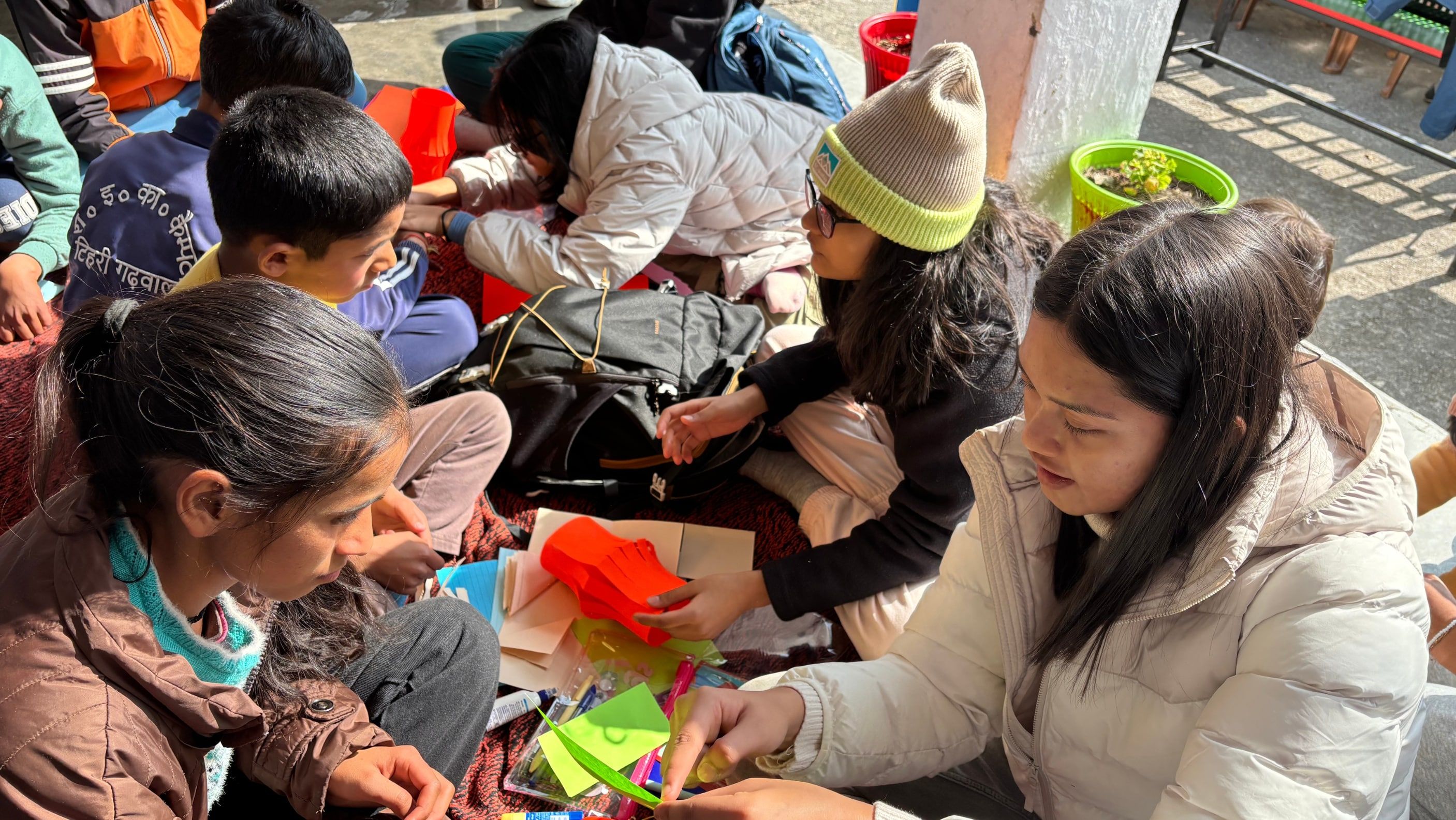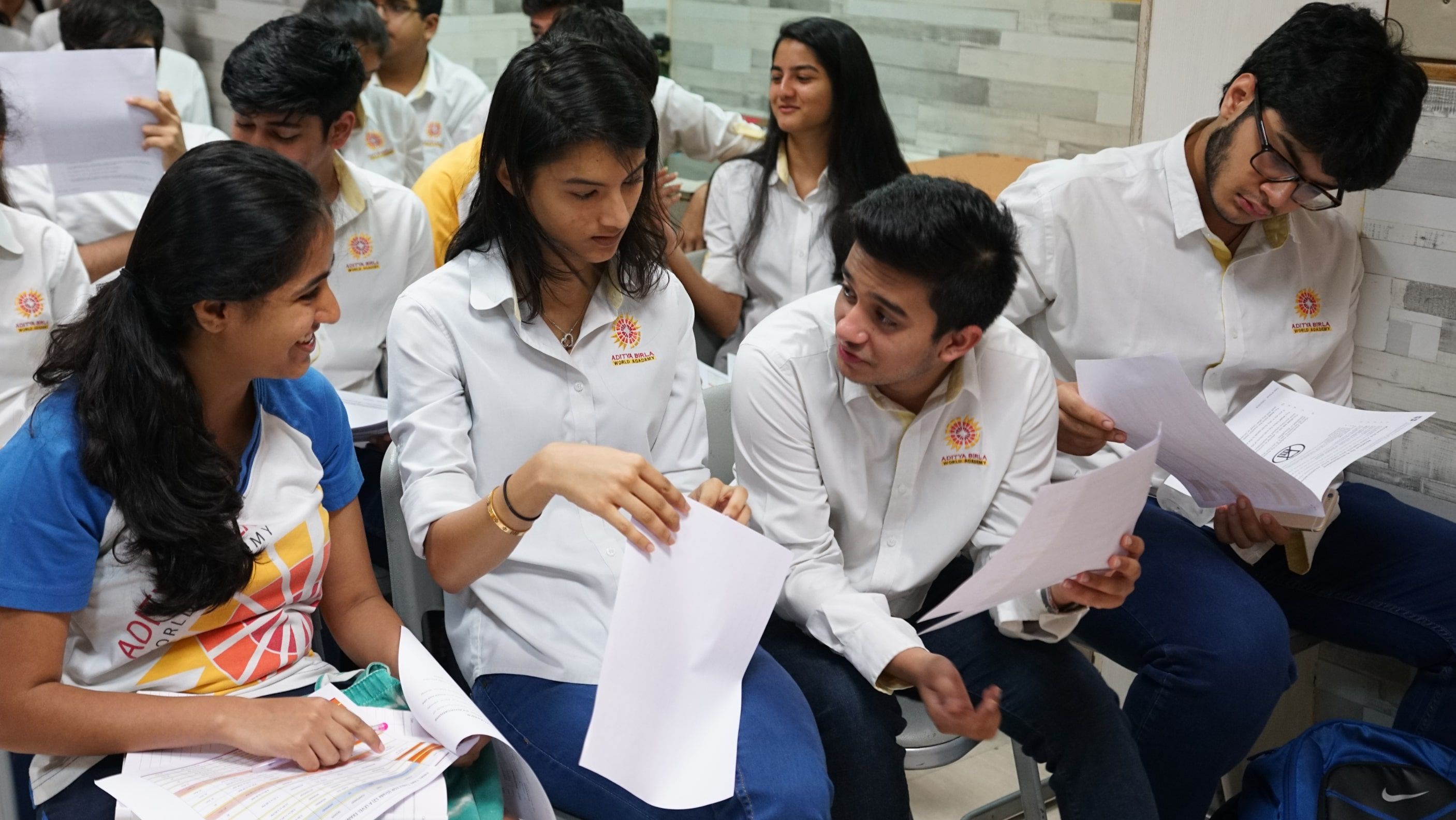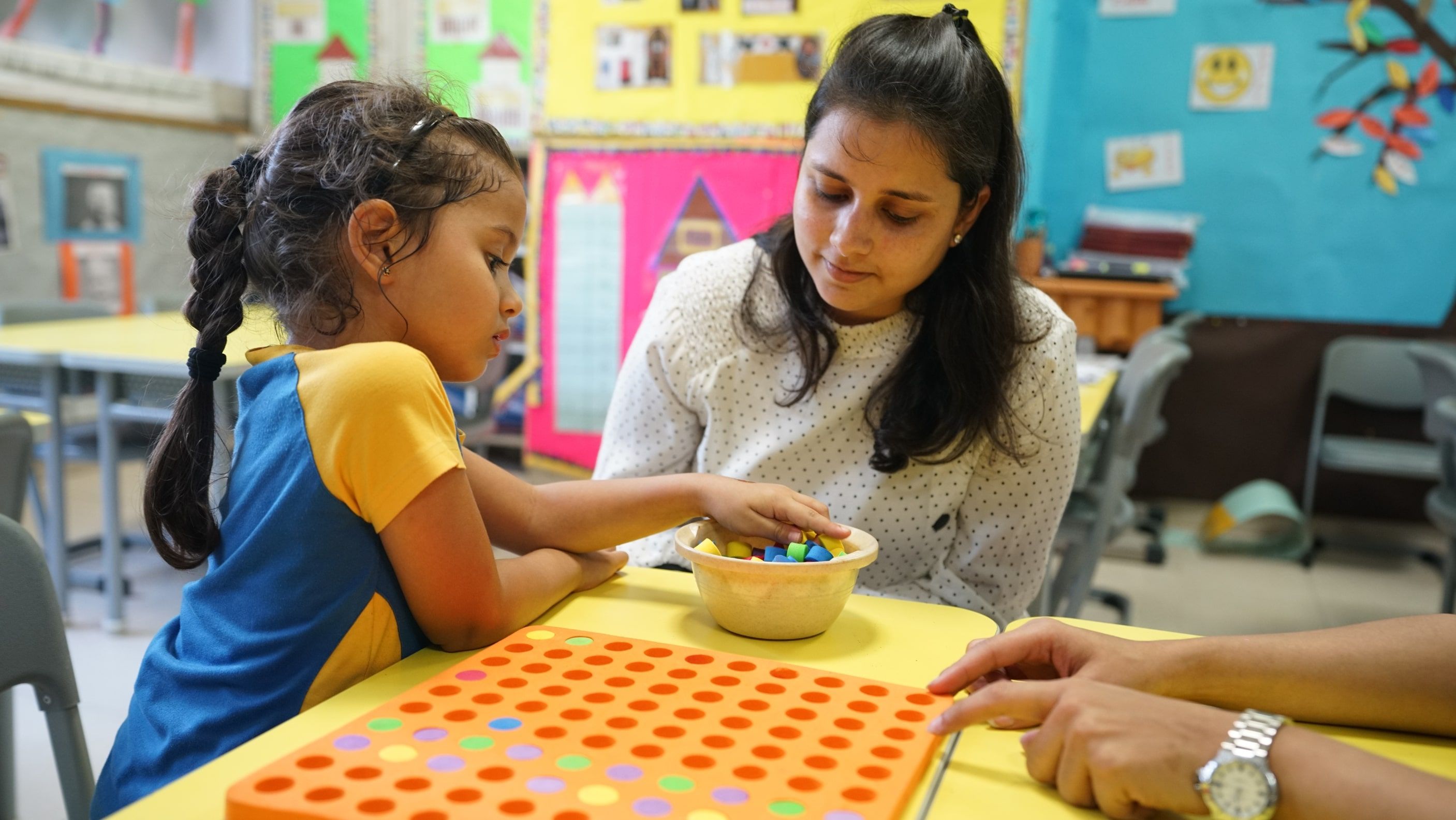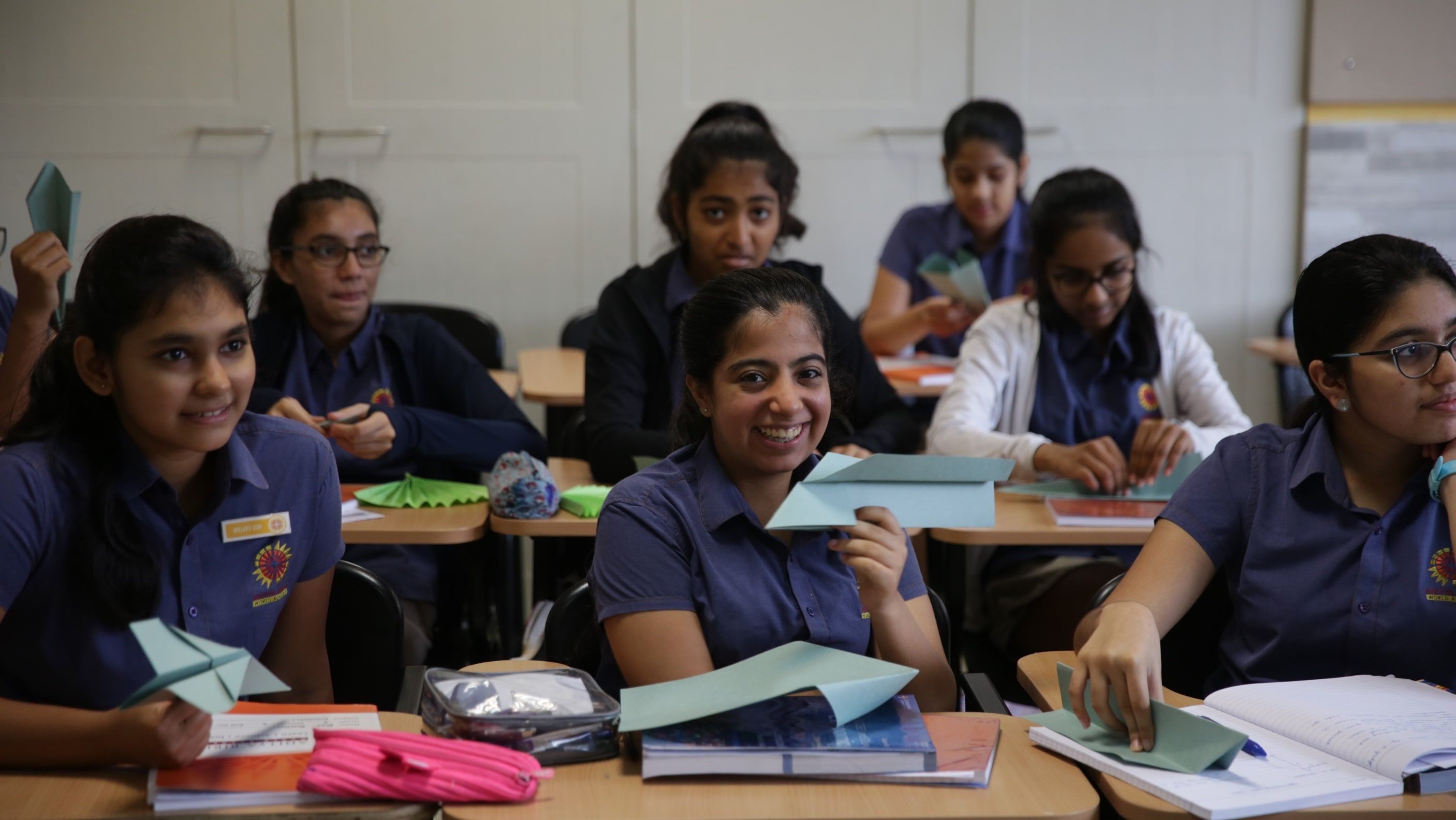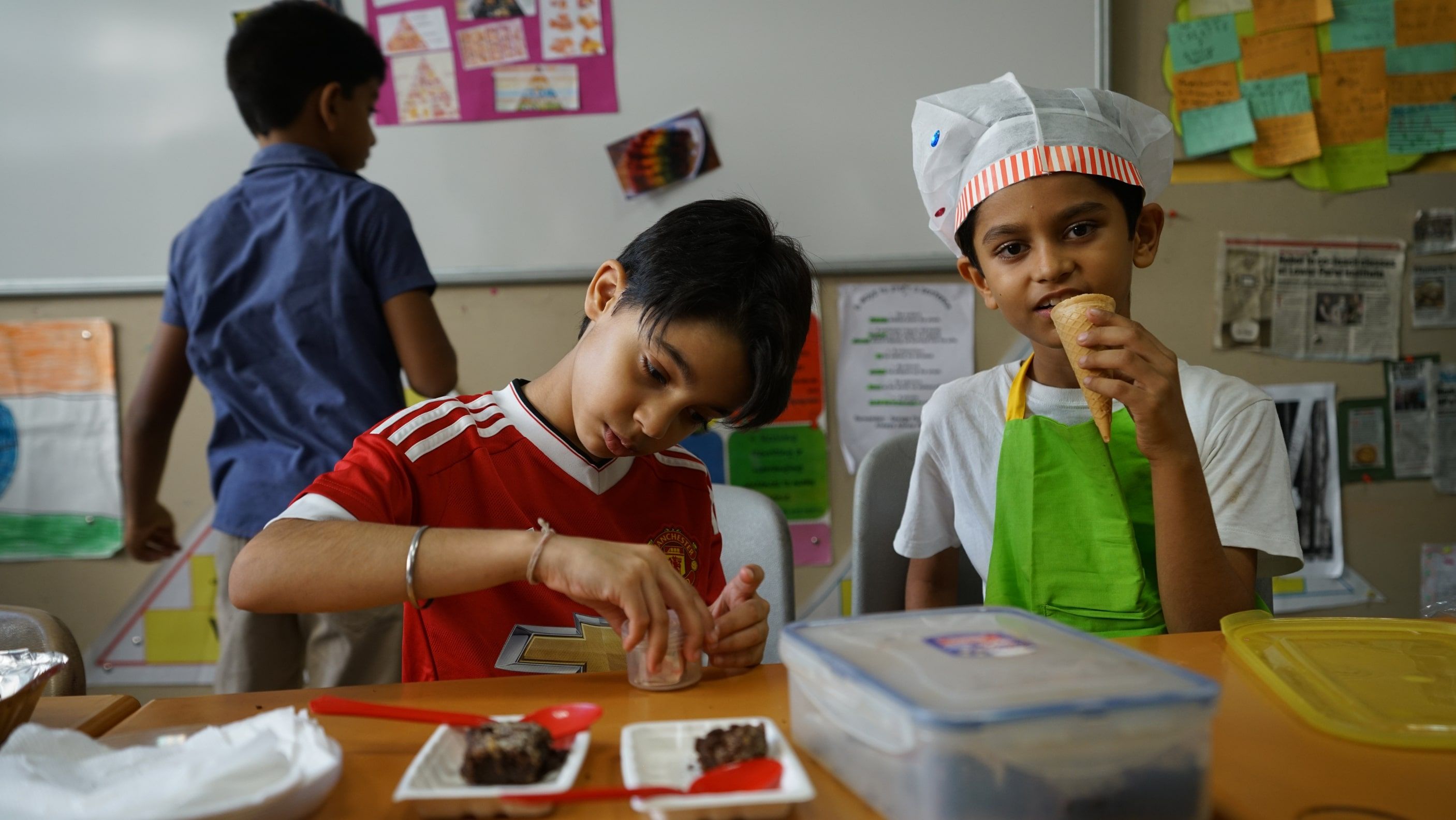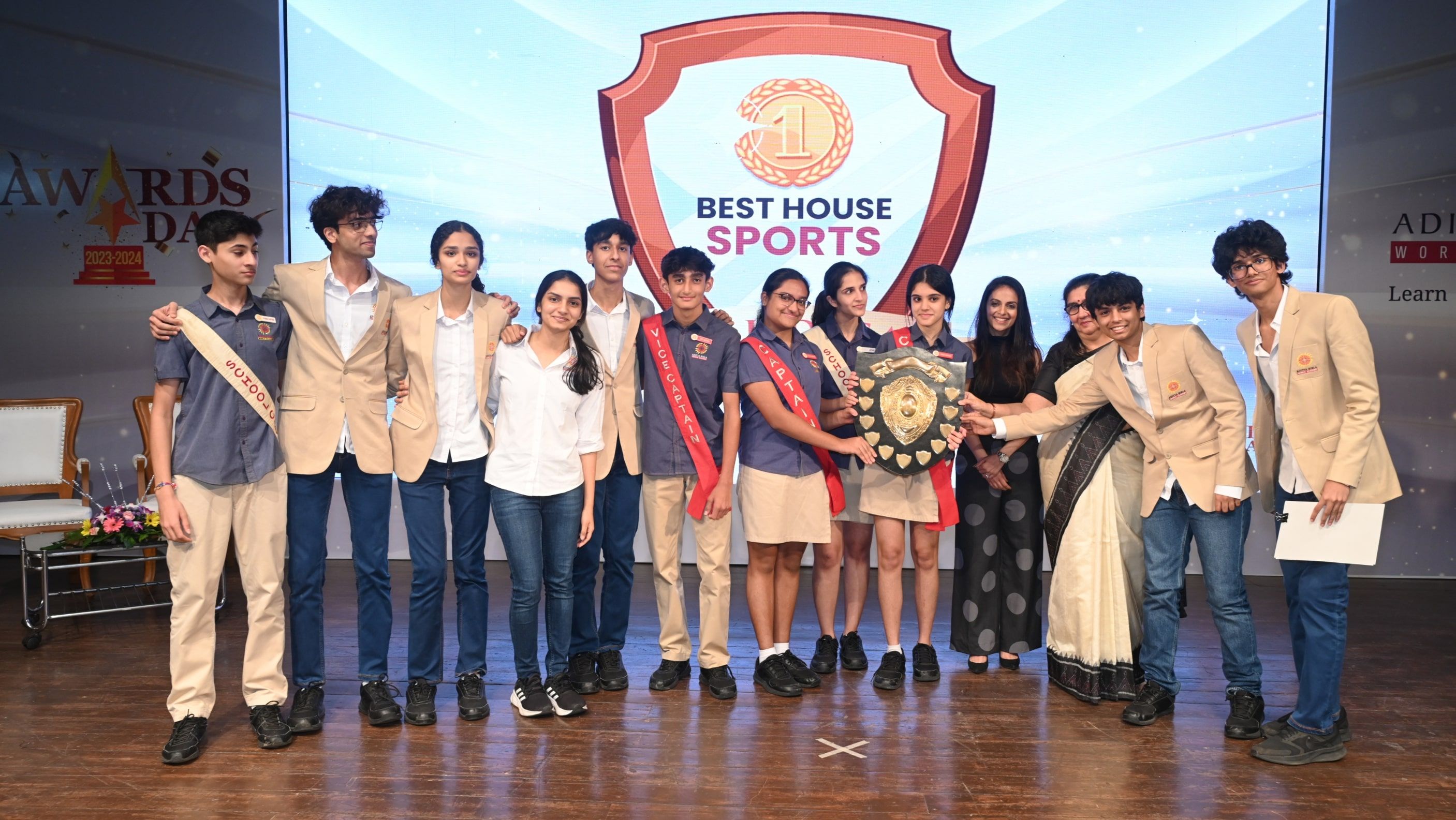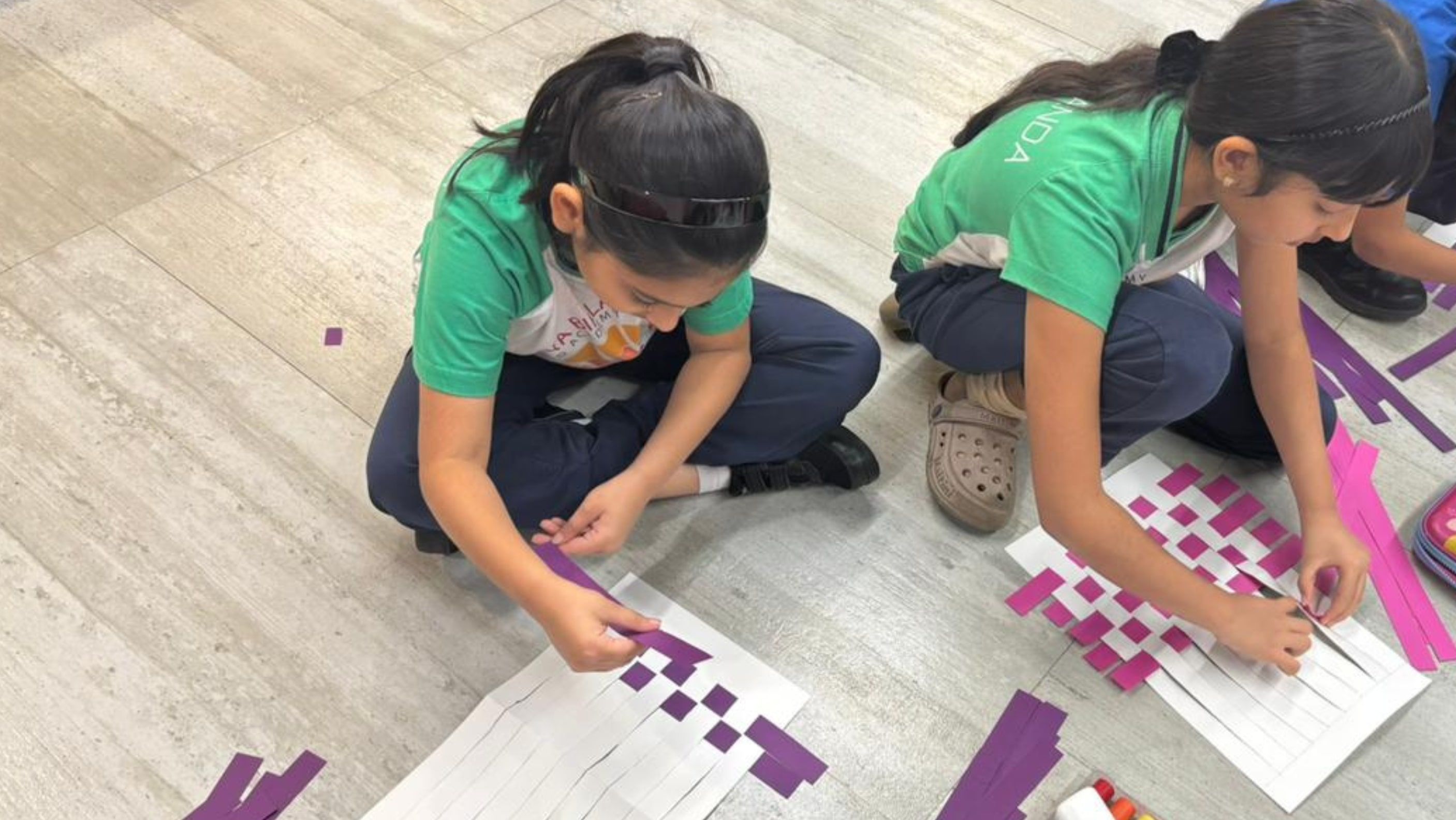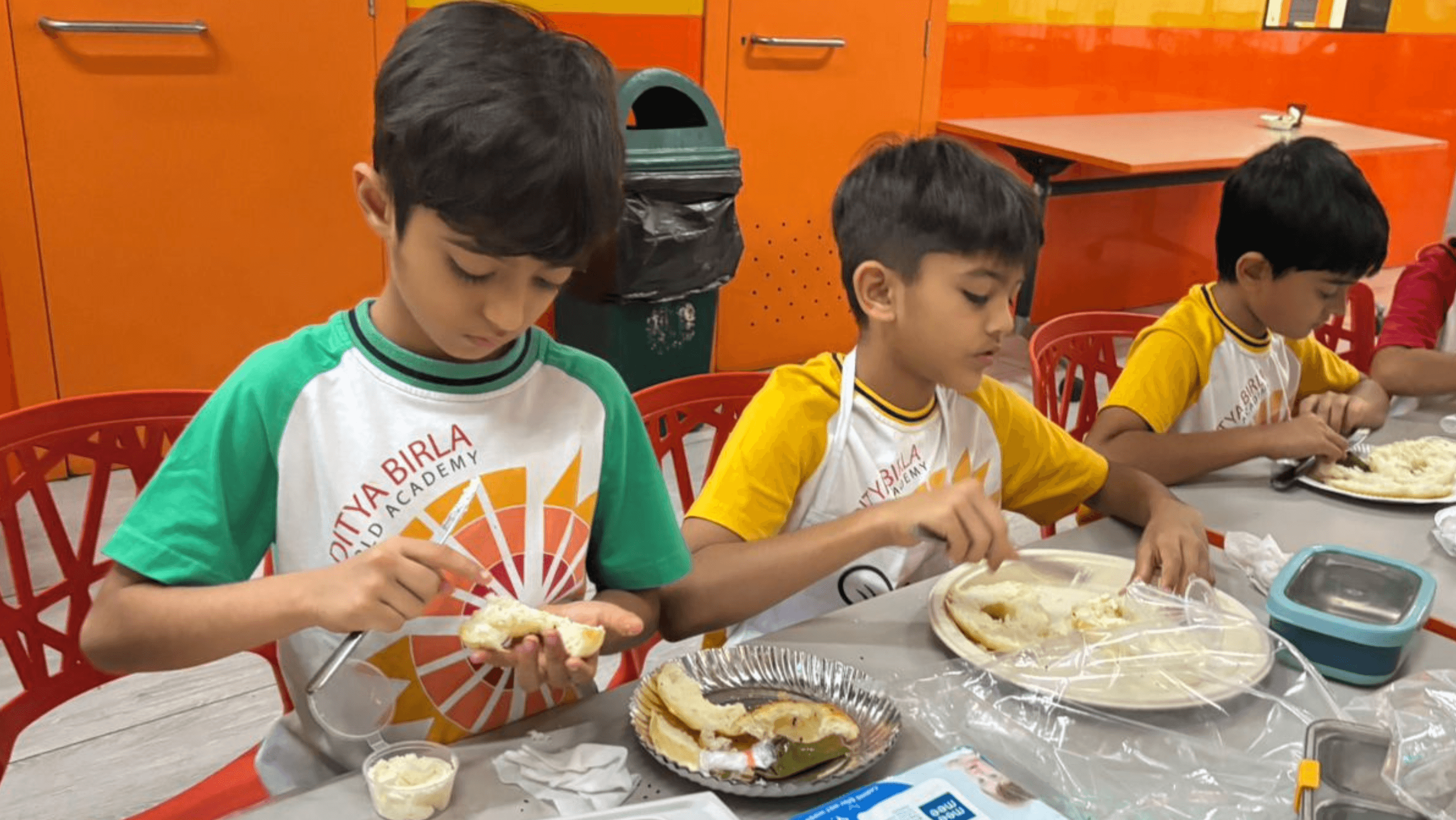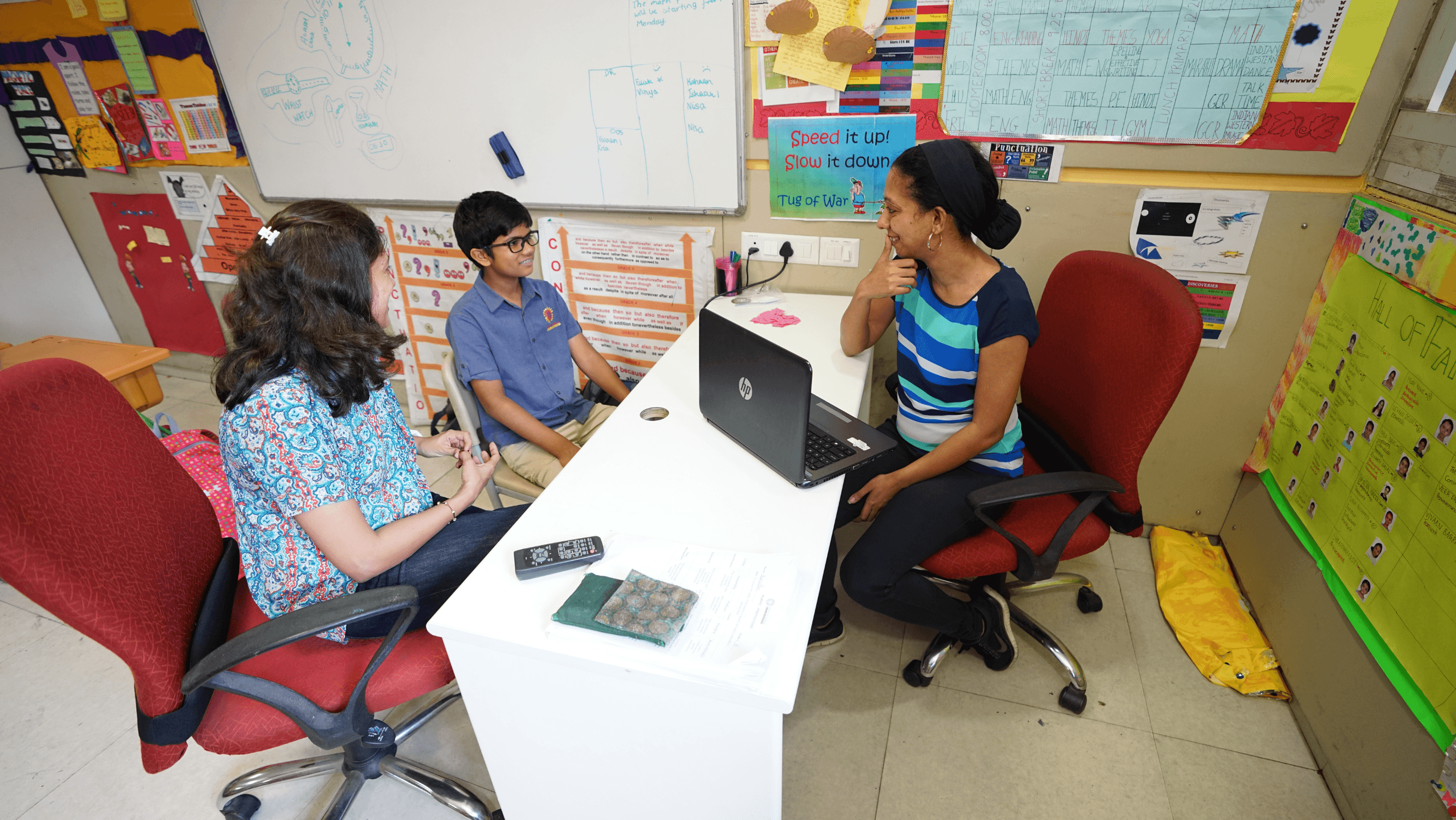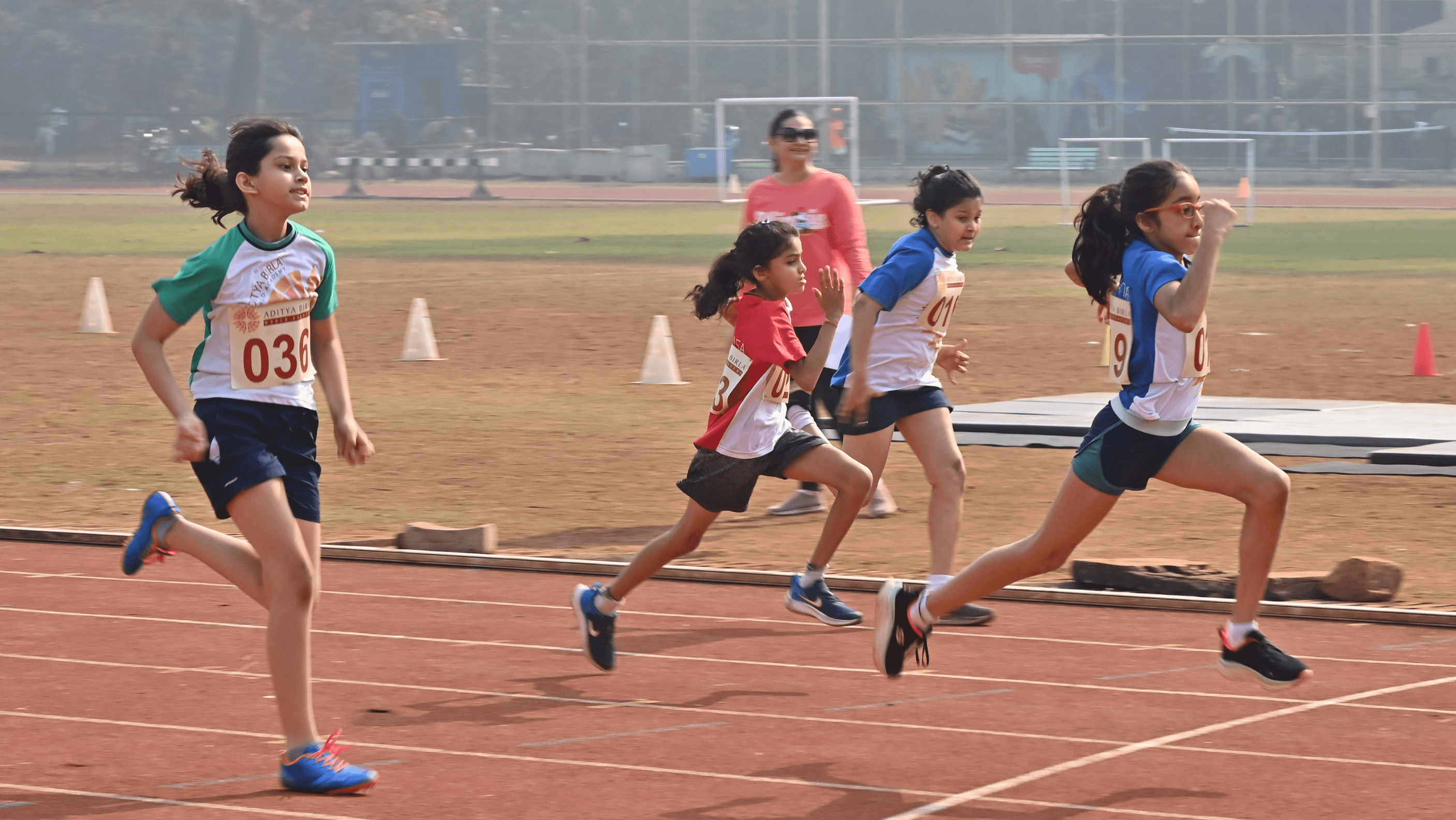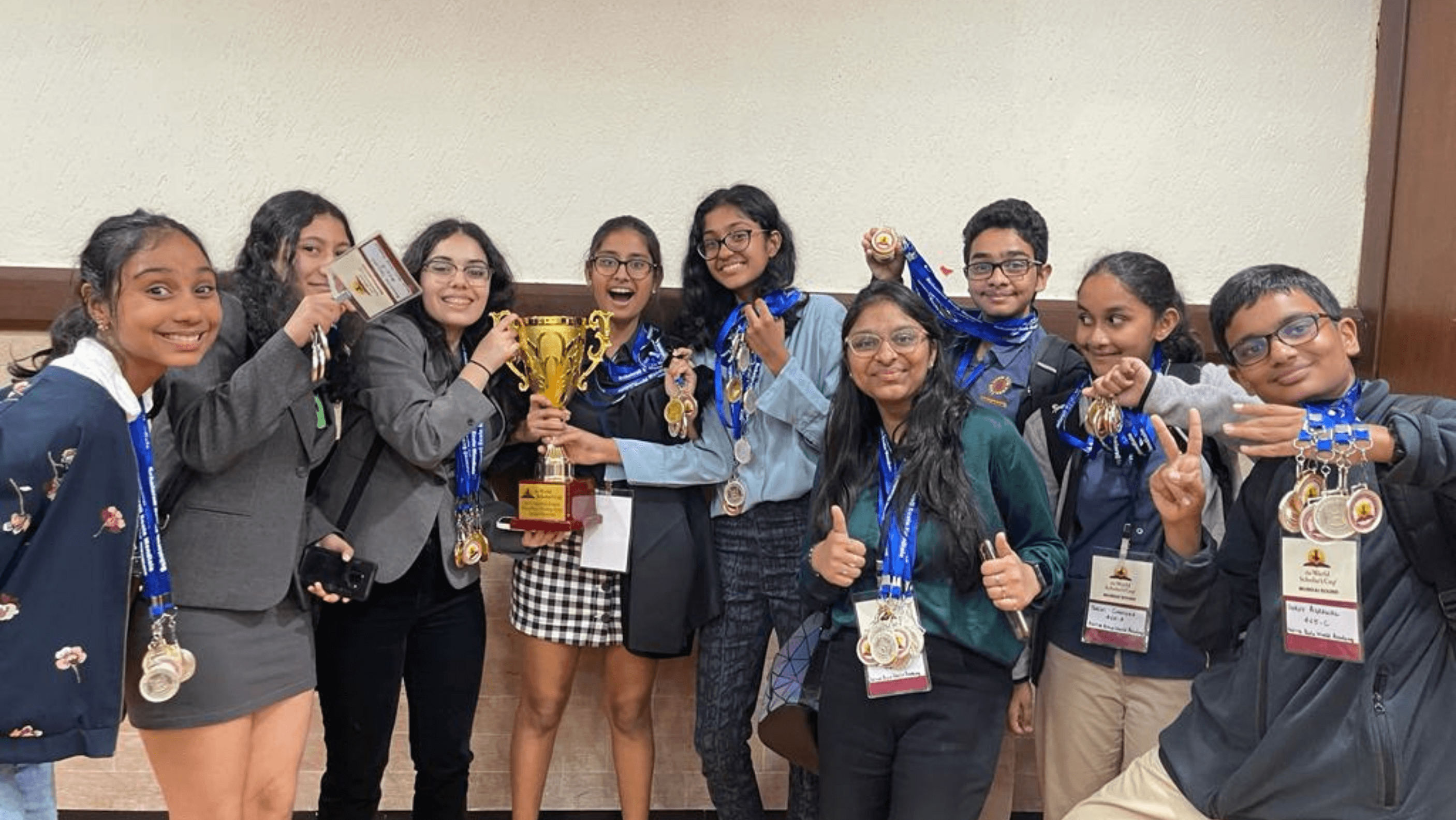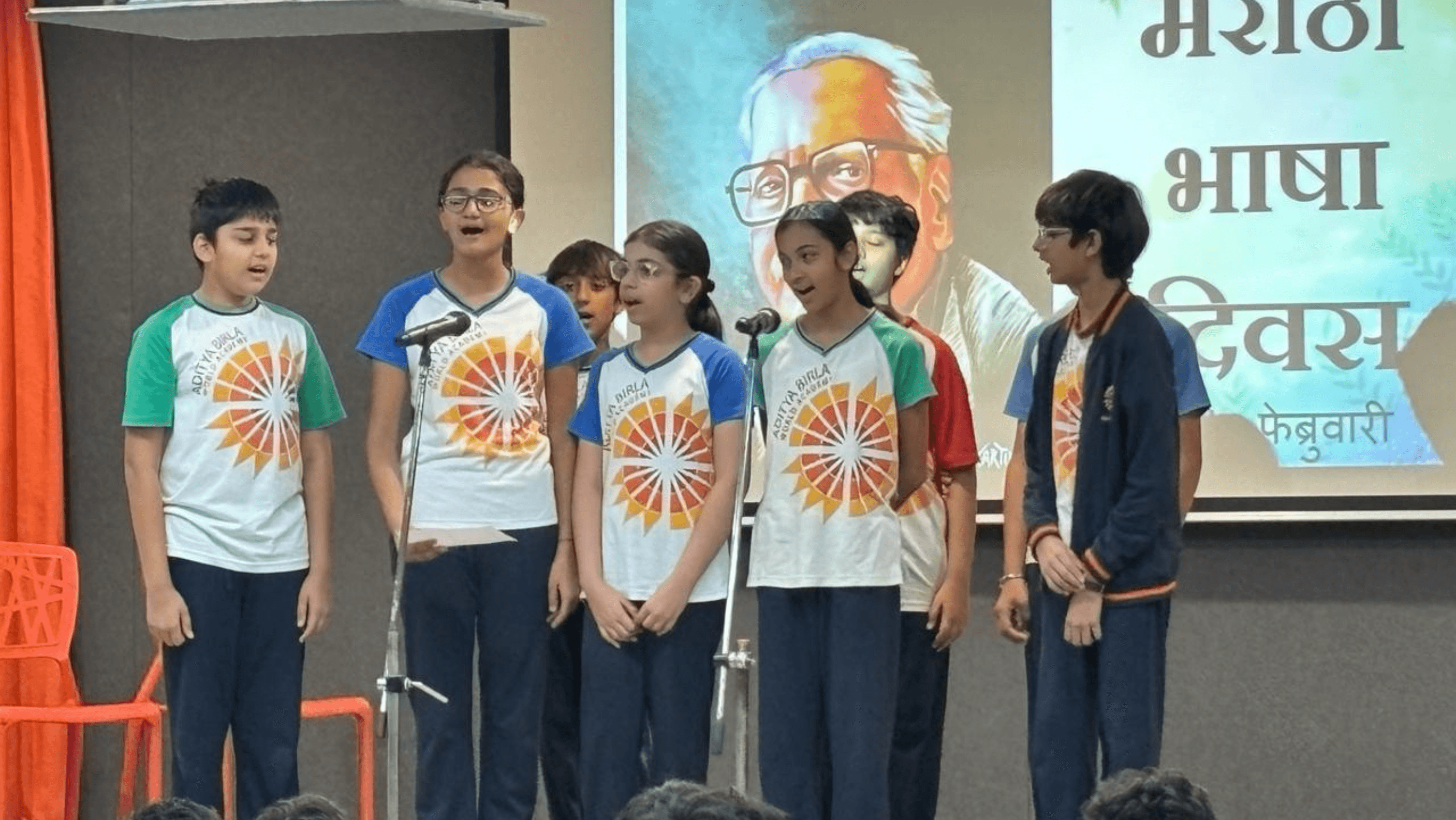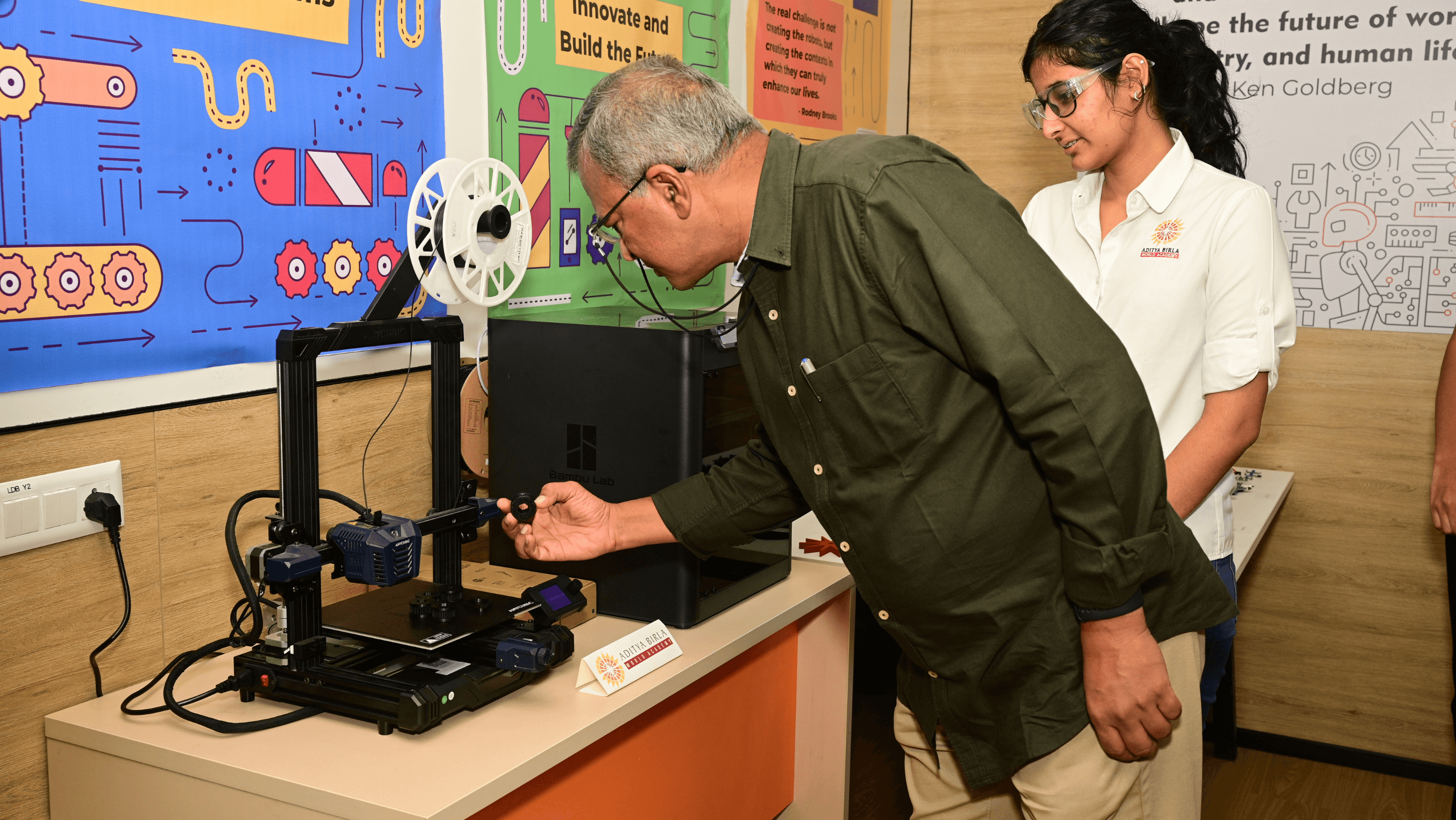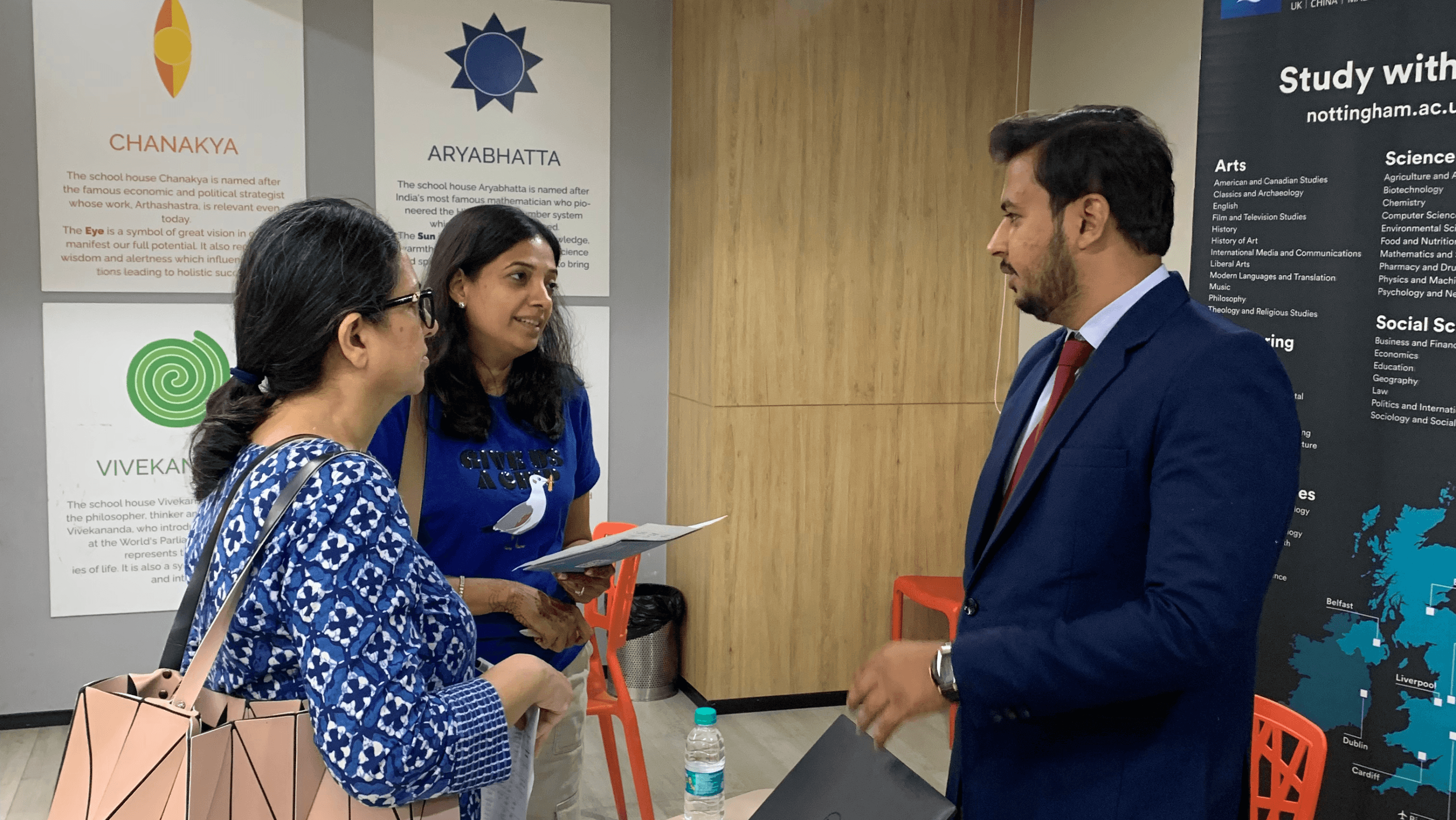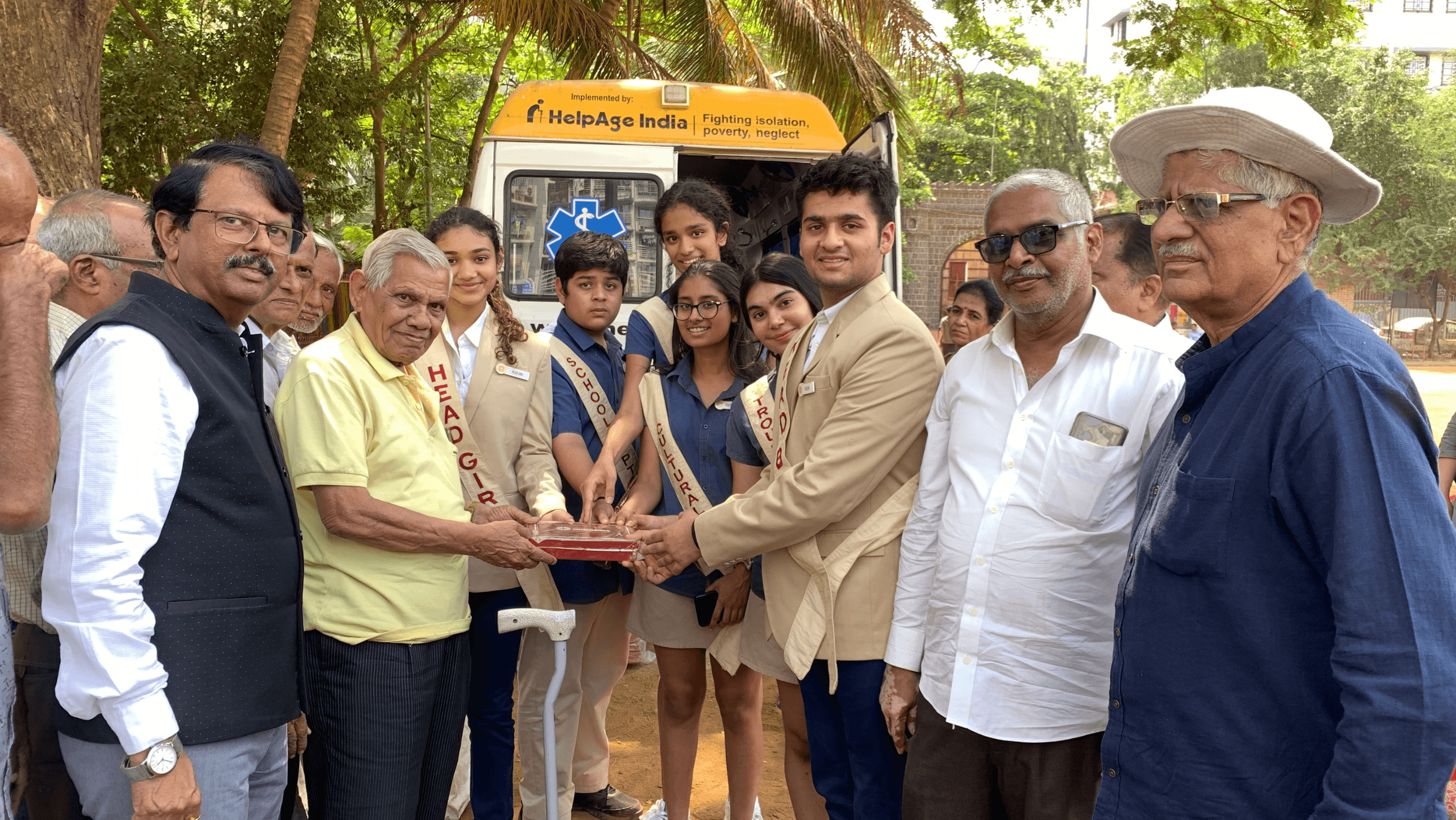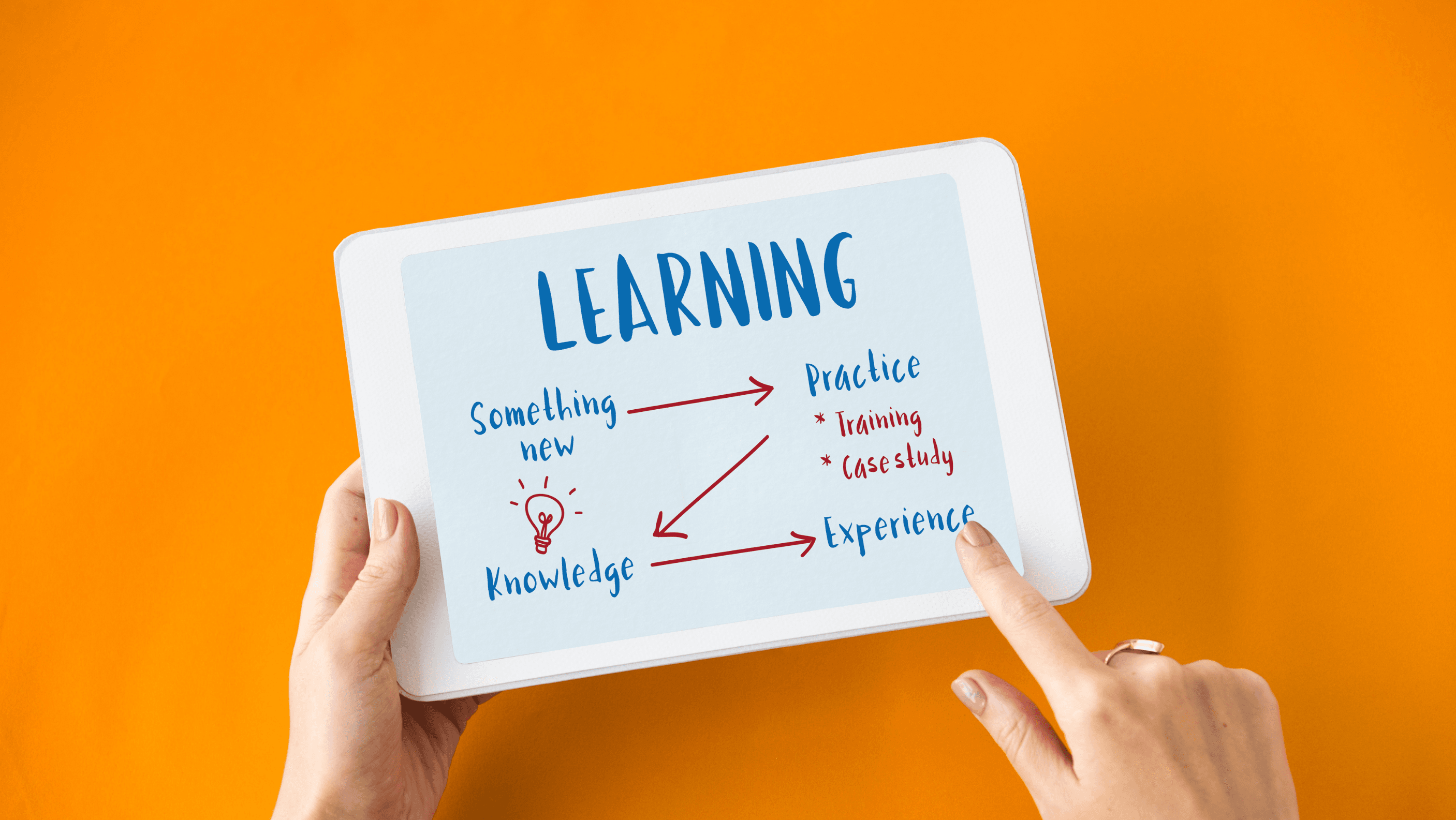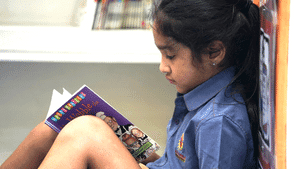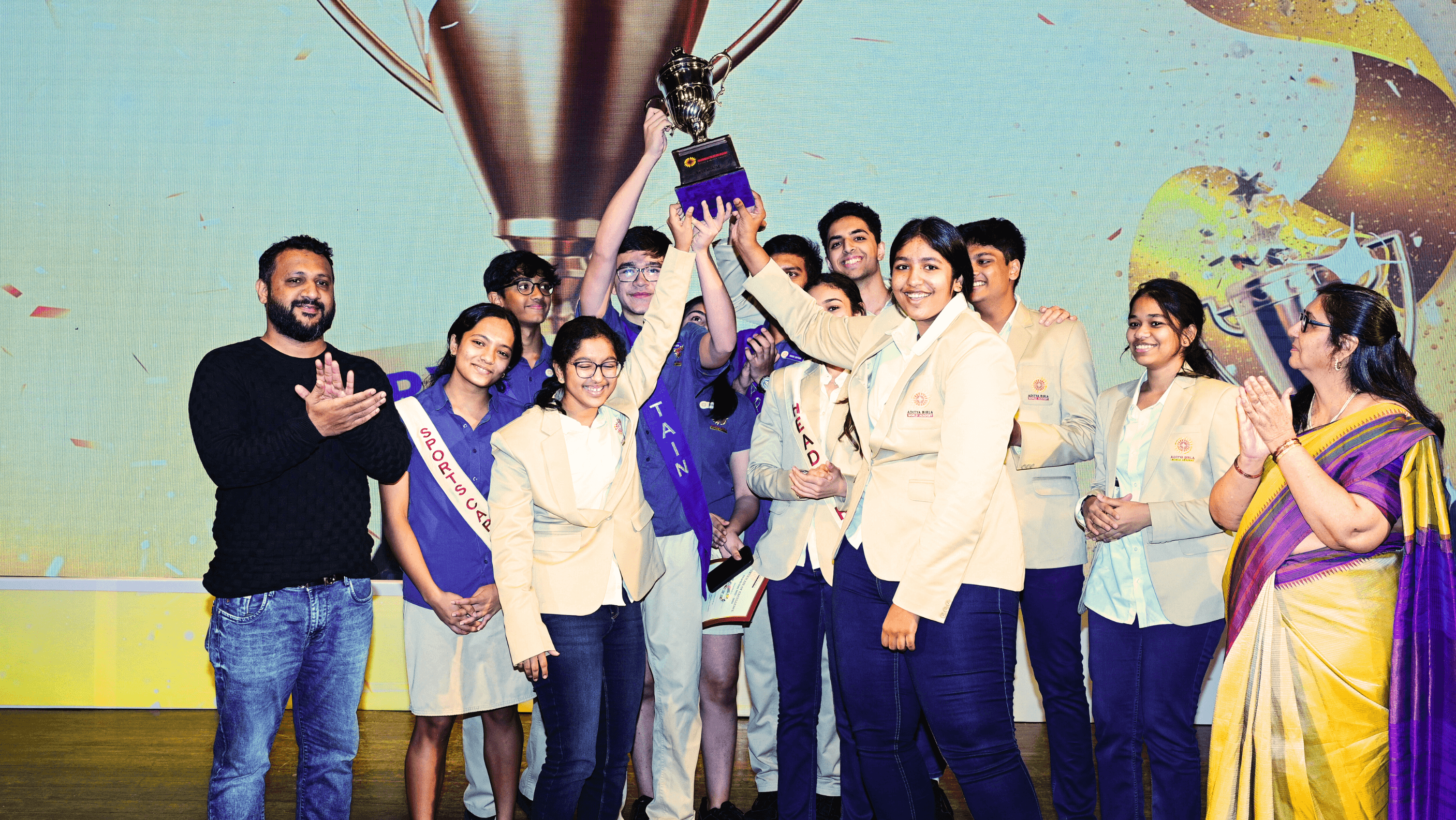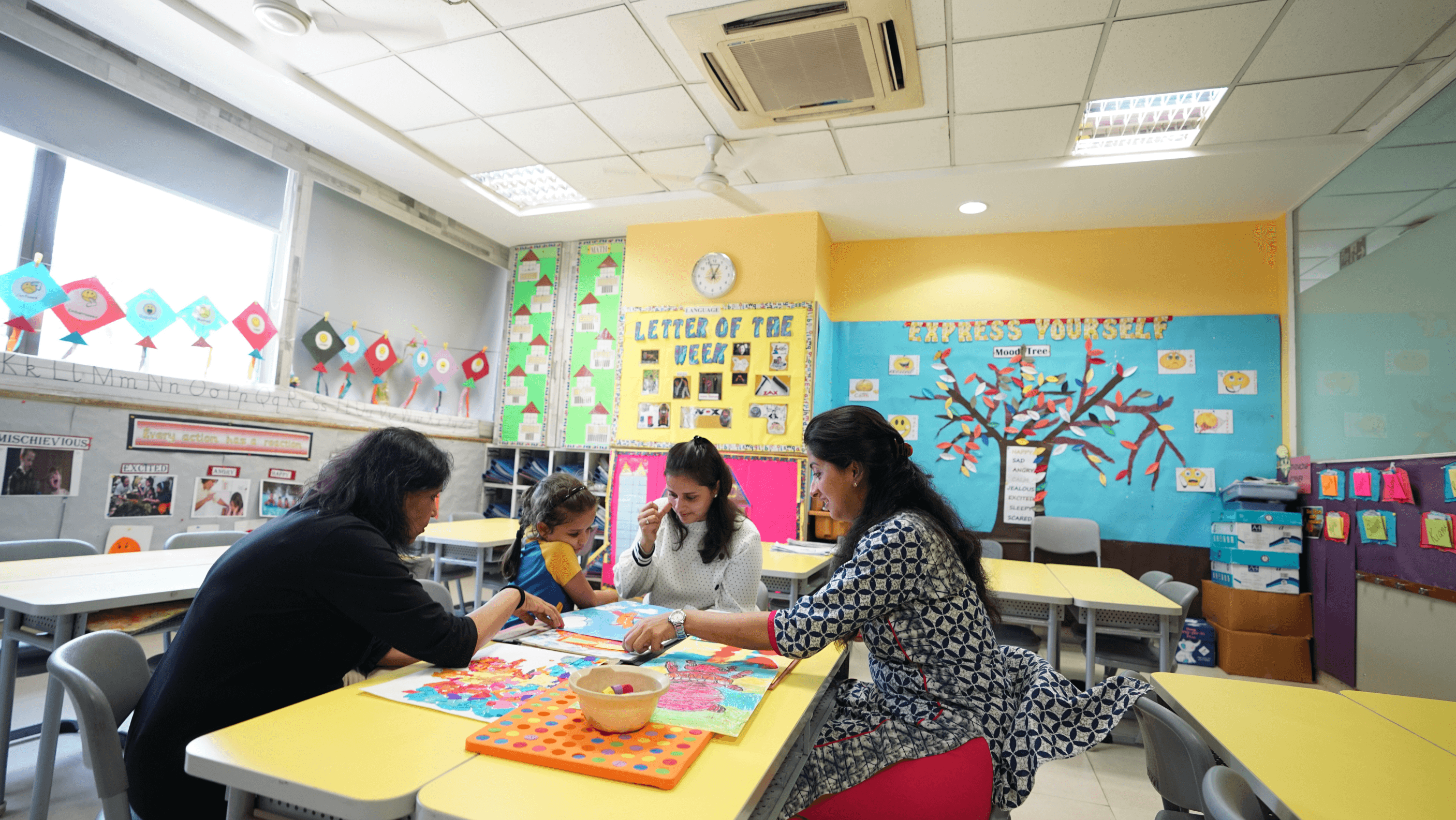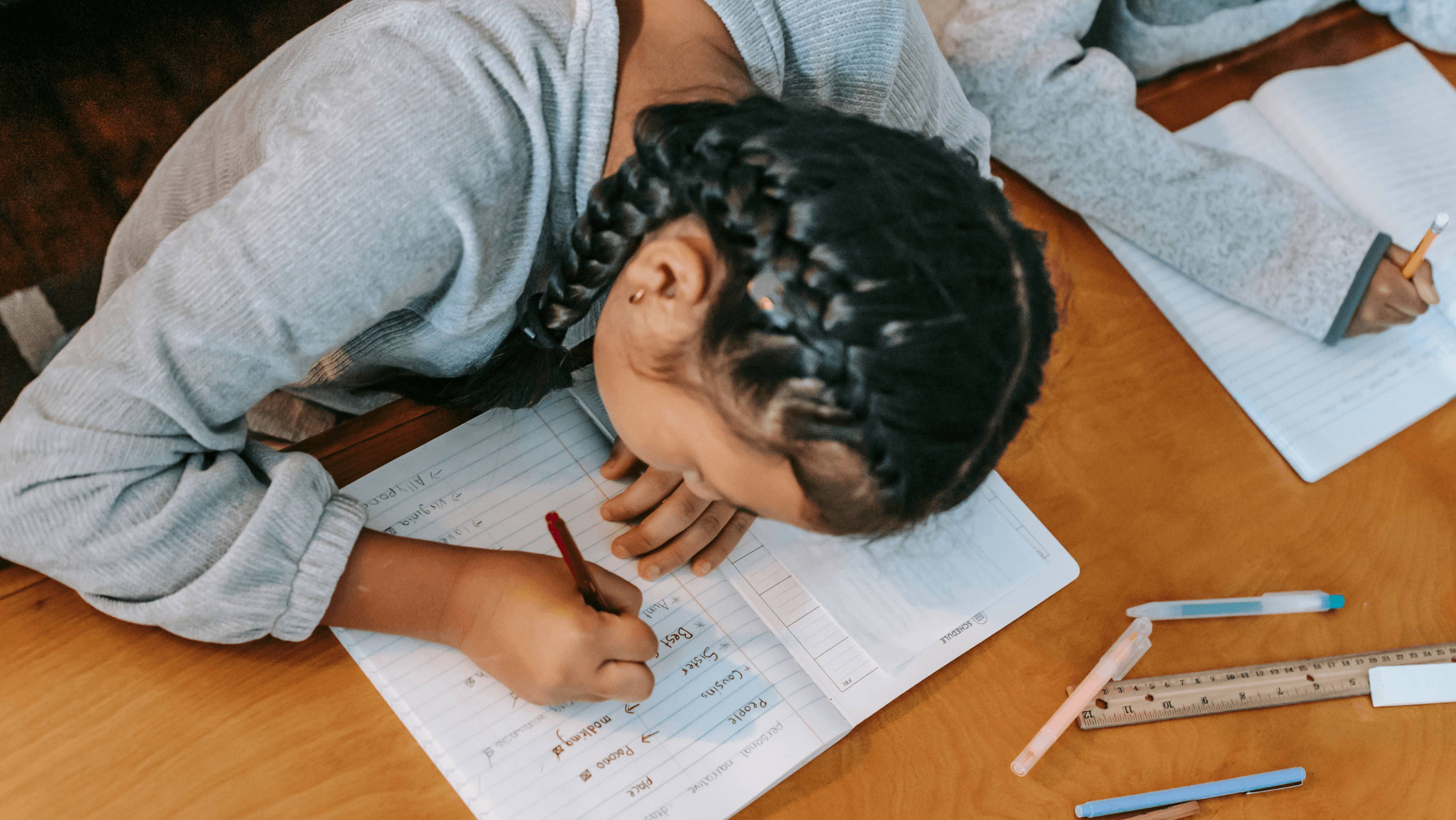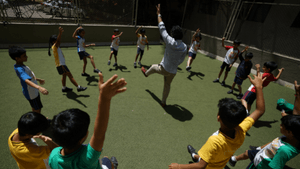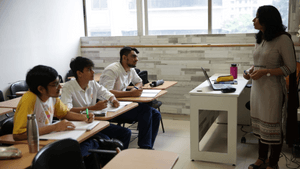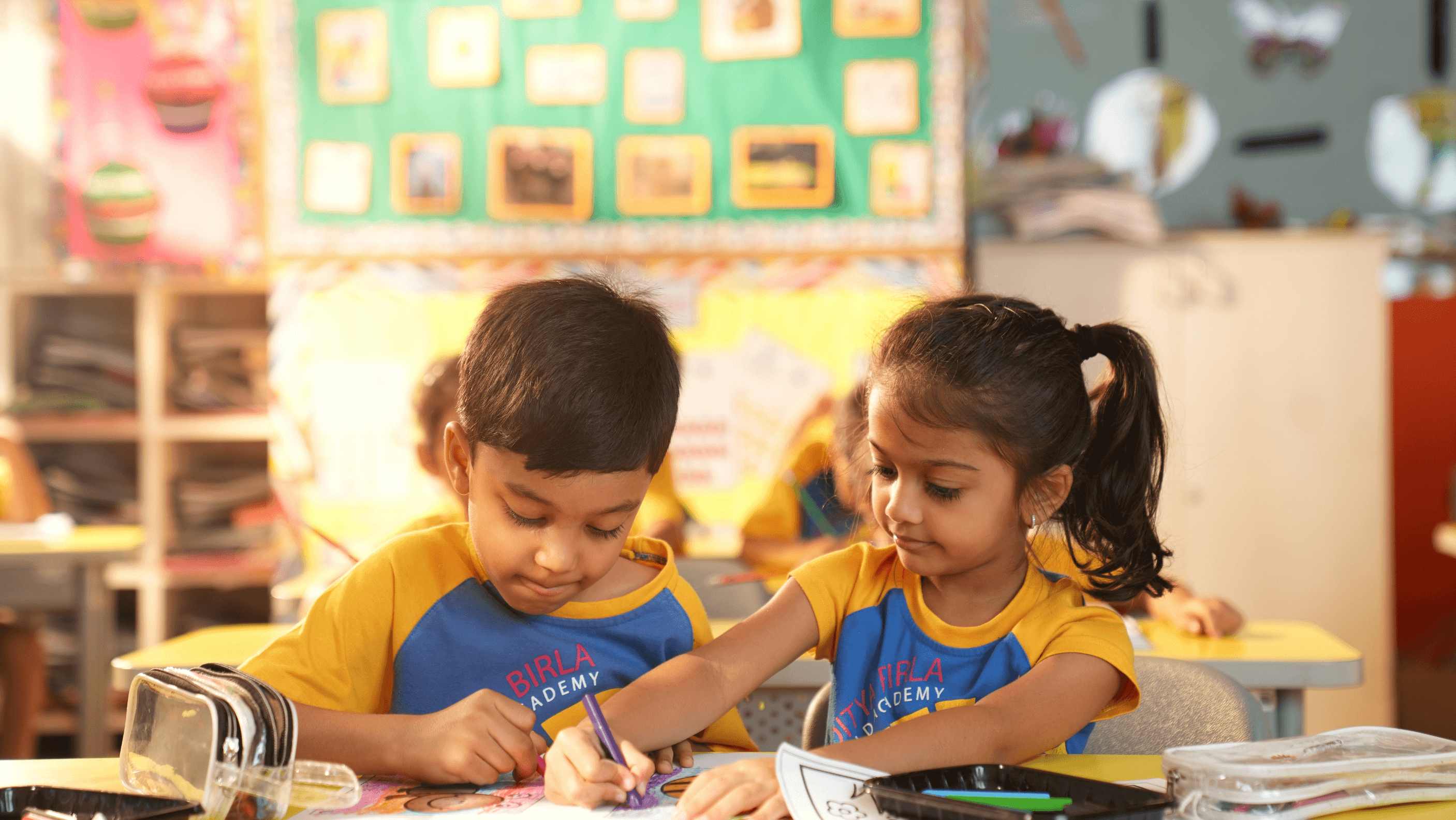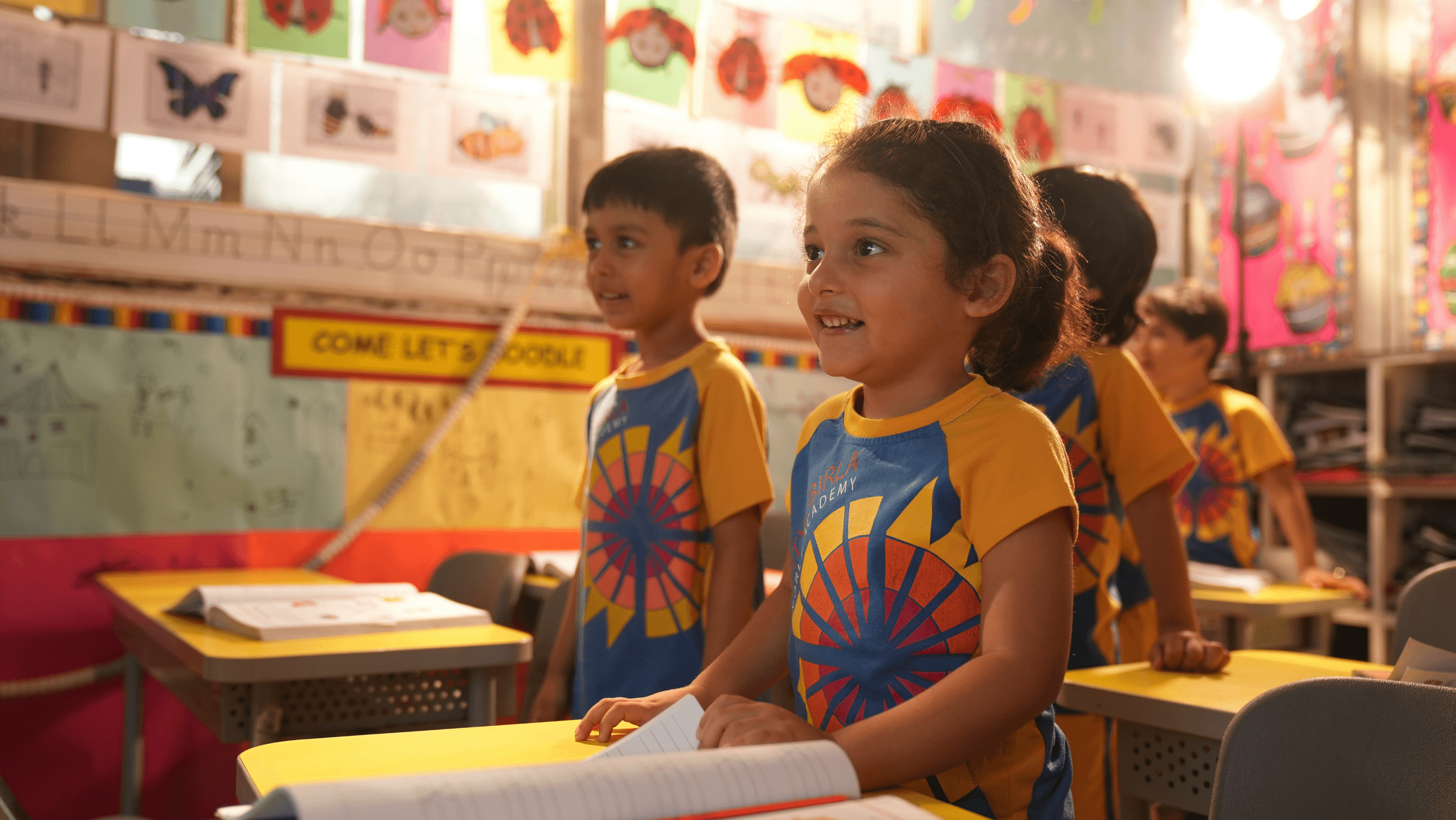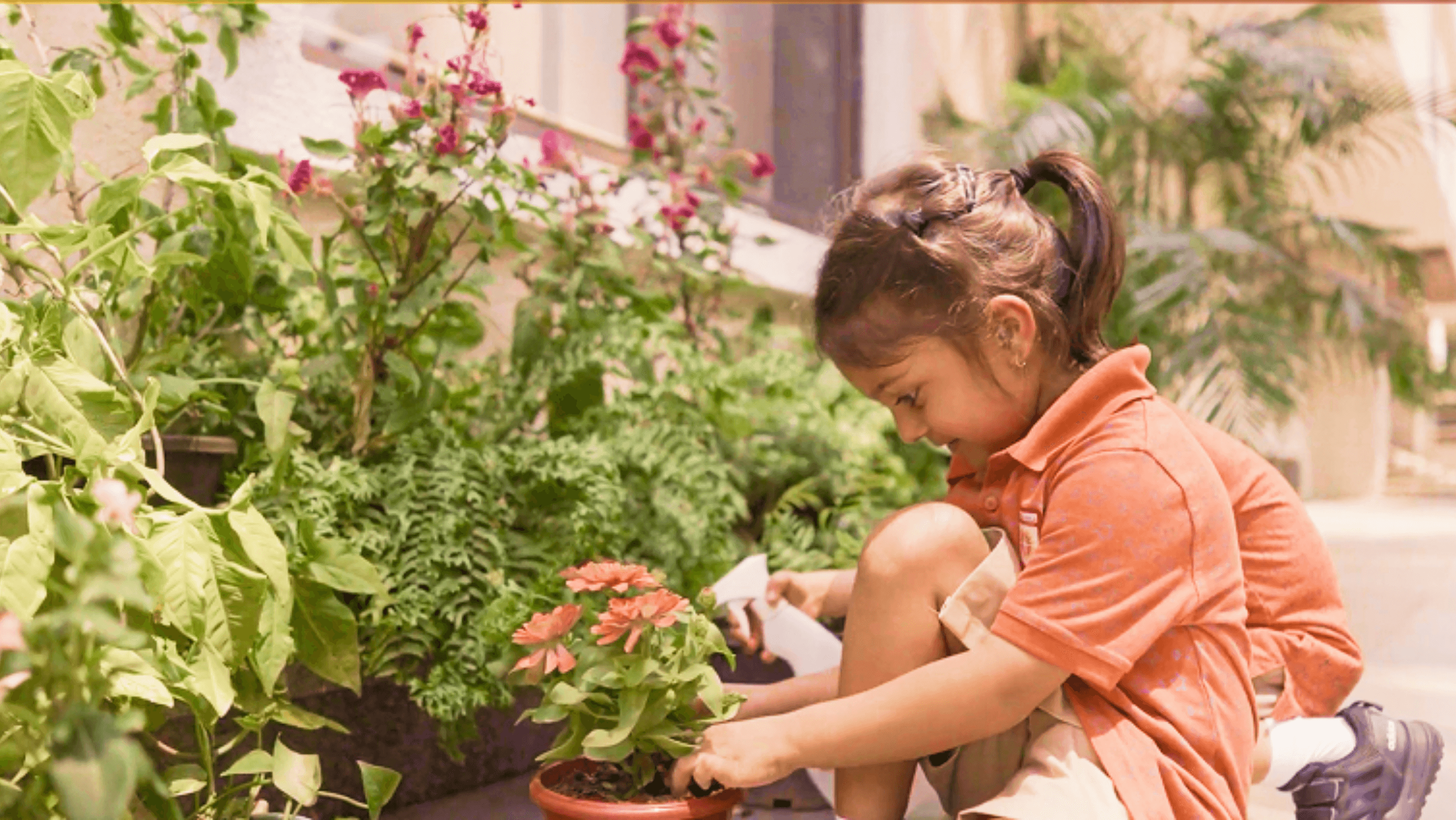In today’s tech-focused world, fostering concentration in children has become more important than ever. Concentration is not just about directing attention towards a task. It is also about training the mind to process information efficiently and productively.
Concentration is about equipping your child with the ability to pay attention to the world around them. As parents and educators, we often find ourselves searching for effective strategies to enhance our children's focus in their crucial formative years.
In this blog, we will explore various tips and techniques, honed by our experience at a leading international school in Mumbai, to help increase your child's concentration.
Identifying Concentration Challenges in Children
At Aditya Birla World Academy, we recognize that how to focus is not just about willpower; it's about recognizing and addressing underlying issues.
Children often struggle with concentration due to various factors, ranging from environmental distractions to underlying learning difficulties. In order to understand how to increase concentration in children, identifying the challenges they face is a critical step.
- To start, observe your child during their study time. Are they easily distracted by noise or activities around them? This observation can guide you in creating a more focused study environment.
- Additionally, look for signs of restlessness or frequent task-switching, which are common indicators that a child is struggling with how to concentrate.
- Another key aspect is the duration of focus. If your child can only concentrate for short periods, gradually increasing this time can be beneficial. Use engaging, time-bound exercises that align with their interests.
Remember, how to increase focus on study is not a one-size-fits-all approach. Each child is unique, and their concentration challenges require personalized strategies.
Only by understanding and addressing these challenges can we pave the way for our children to achieve enhanced focus and academic success.
Creating a Distraction-Free Environment
Creating a distraction-free environment is crucial in teaching children how to increase concentration. By implementing the following strategies, parents and educators can provide children with the optimal setting for focused learning:
- Designate a Specific Study Area: Choose a quiet, well-lit space for your child to study. This area should be consistently used for studying to create a mental association between the space and focused work.
- Minimize Digital Distractions: Limit the use of gadgets like smartphones and tablets during study hours. If a computer is necessary, use website blockers to prevent access to distracting sites.
- Organize Study Materials: Keep the study area tidy and organized. Clutter can be a significant distraction, so ensure all necessary materials are within reach to keep your child focused.
- Control Noise Levels: Soft, instrumental music or white noise can help drown out distracting sounds. Alternatively, consider noise-cancelling headphones in particularly noisy environments.
- Implement a Routine: Establish a study routine that includes short breaks. Regular breaks help maintain high levels of concentration without leading to burnout.
The Role of Nutrition in Boosting Concentration
A balanced diet directly impacts a child's ability to concentrate, especially during study time. By focusing on a nutritious diet, we can learn how to increase focus on study and other activities.
- Brain-Boosting Foods: Incorporate foods rich in Omega-3 fatty acids like fish, nuts, and seeds. These nutrients are essential for brain health, aiding in how to concentrate better.
- Balanced Meals: Ensure each meal is well-balanced with proteins, whole grains, fruits, and vegetables. This balance is crucial in maintaining steady energy levels and concentration throughout the day.
- Hydration: Adequate hydration is key. Encourage your child to drink water regularly, as dehydration can lead to fatigue and reduced focus.
- Limit Sugar Intake: Excessive sugar can lead to energy spikes and crashes, adversely affecting concentration. Opt for natural sugars found in fruits.
This approach is not just about eating right. It is also about setting a foundation for lifelong habits that support overall well-being.
Establishing a Routine: The Key to Consistency
Adopting a routine paves the way for a disciplined approach to learning and concentration. At Aditya Birla World Academy, we emphasize the importance of establishing a routine as the cornerstone for how to increase concentration.
A well-structured routine is instrumental in teaching children how to focus and how to concentrate, especially when it comes to their studies. By setting a consistent schedule for study, play, and rest, children can better prepare mentally and physically for the tasks ahead.
This consistency is crucial in how to increase focus on study times, as it helps in forming habits that align with their academic goals. Regular study times, coupled with consistent break periods, allow children to engage deeply with their work without feeling overwhelmed.
This balance ensures that children are not only focusing effectively during their study sessions but are also getting adequate rest and playtime, which are essential for overall cognitive development and concentration.
Fun Concentration-Boosting Activities
Incorporating fun activities is the key to enhancing children's concentration. Here are some engaging, concentration-boosting activities:
- Puzzle Games: Encourage your child to solve jigsaw puzzles, crossword puzzles, or Sudoku. These games require focus and strategy, enhancing problem-solving skills and concentration.
- Memory Games: Simple card games like 'Memory' or 'Concentration' where players match pairs, are excellent for improving attention to detail and memory retention.
- Outdoor Sports: Activities like football, cricket, or even tag, require quick thinking and constant attention, thus improving concentration. Plus, they're a great way for children to burn off excess energy and refocus.
- Music Lessons: Learning to play an instrument demands concentration and discipline, making it an excellent activity for boosting focus.
- Crafts and Building Projects: Engaging in arts and crafts or building models (like LEGO) helps children concentrate on following instructions and realizing a final product.
- Cooking Together: Simple cooking projects require children to focus on measurements, sequences, and following a process, which is great for concentration.
- Yoga and Meditation: Introducing basic yoga and meditation can teach children how to calm their minds and focus their attention.
Bottomline
As we conclude, it is important to remember that how to focus and how to concentrate are skills that can be nurtured and developed over time. Each child is unique, and what works for one may not work for another.
However, the essence of improving concentration lies in creating a supportive environment, encouraging healthy habits, and being patient and consistent in your approach.
By applying the tips discussed, you can help your child develop the focus and concentration they need to succeed in their endeavours.






